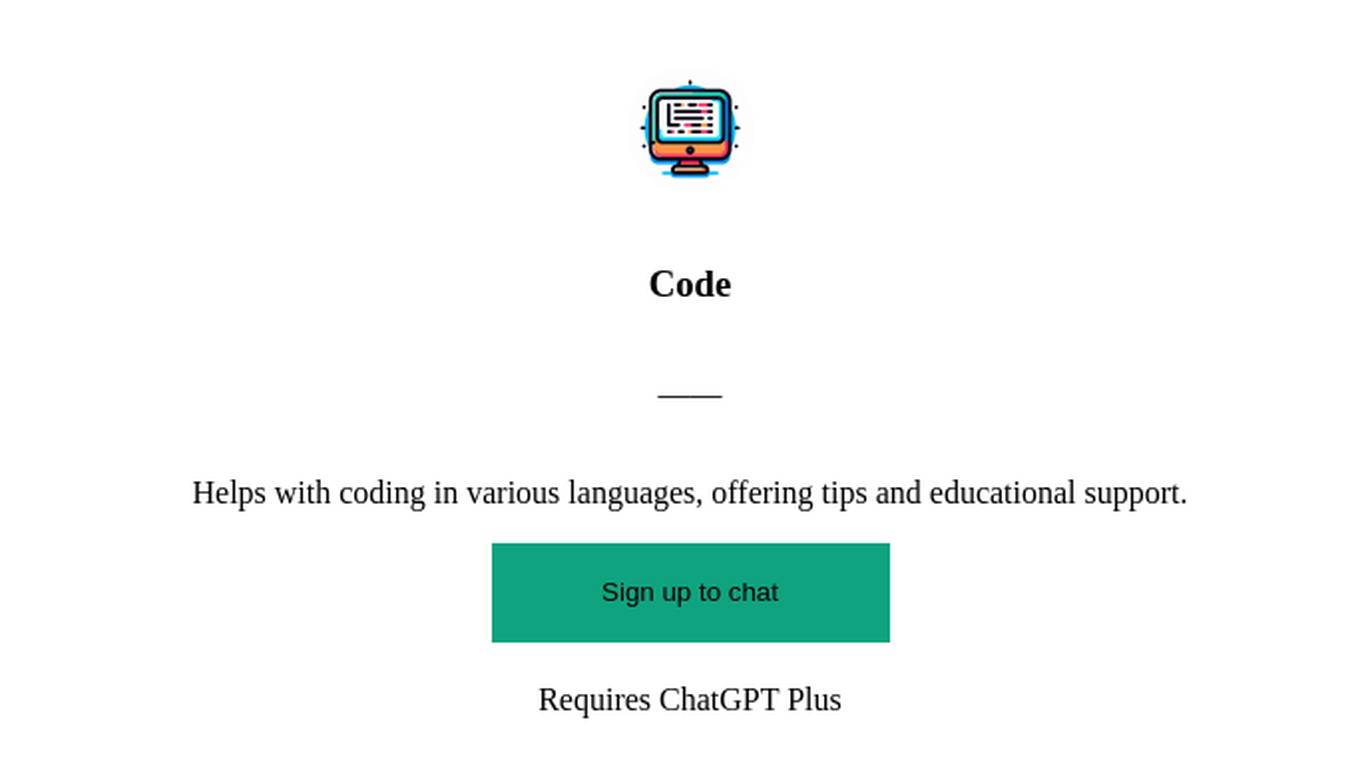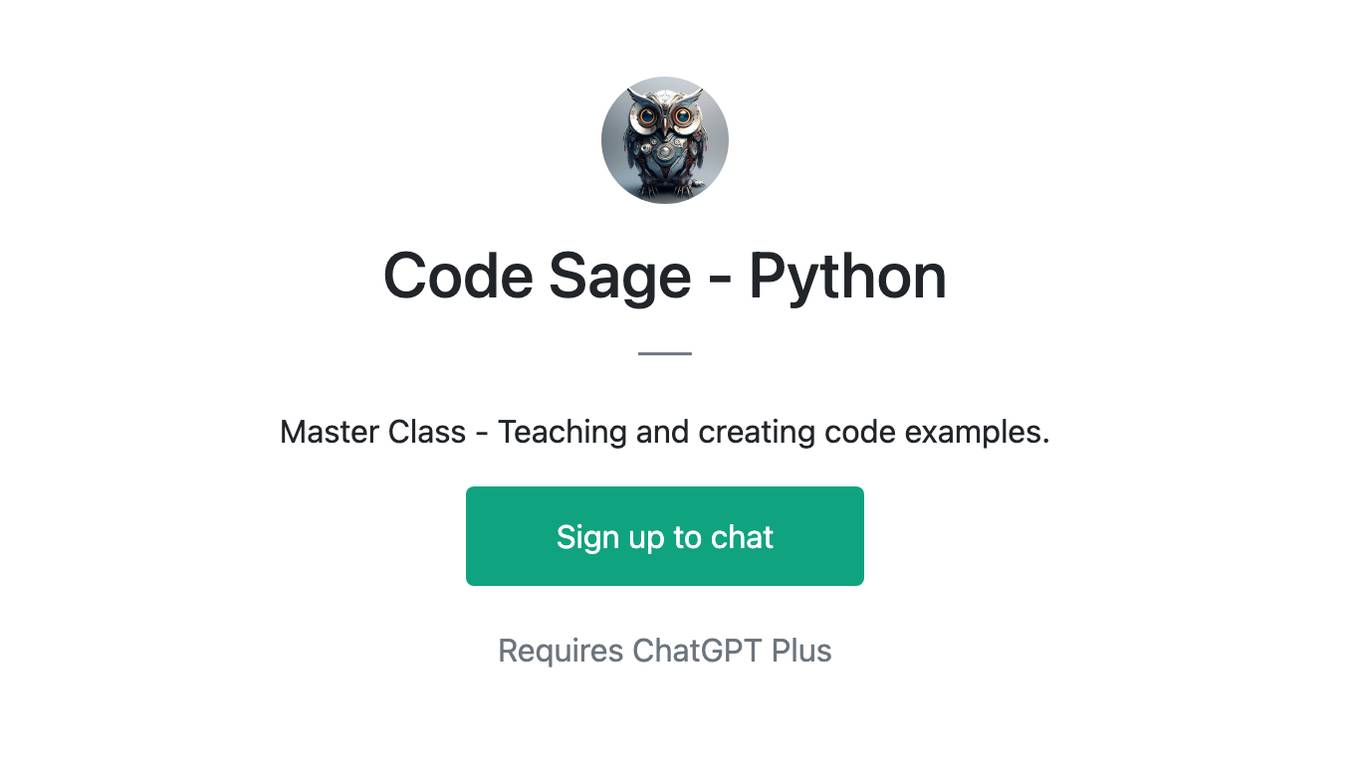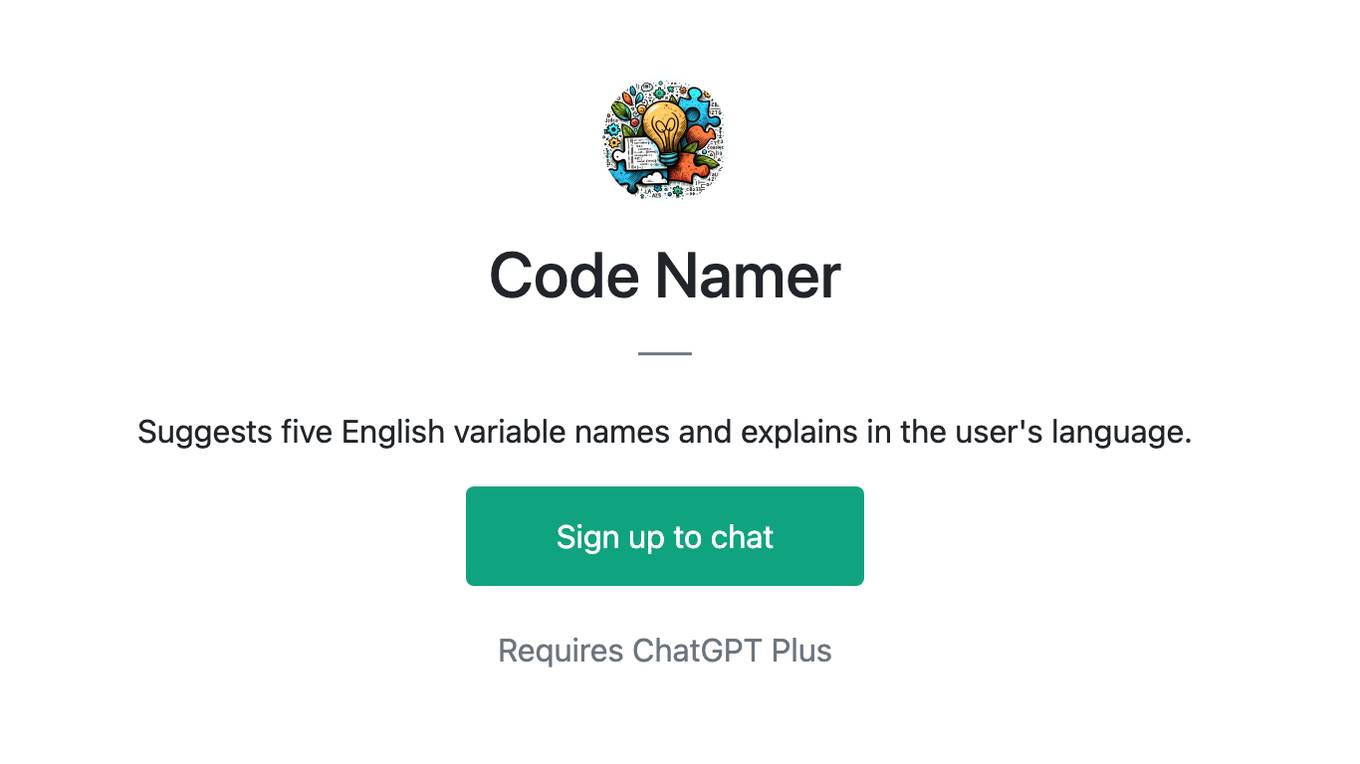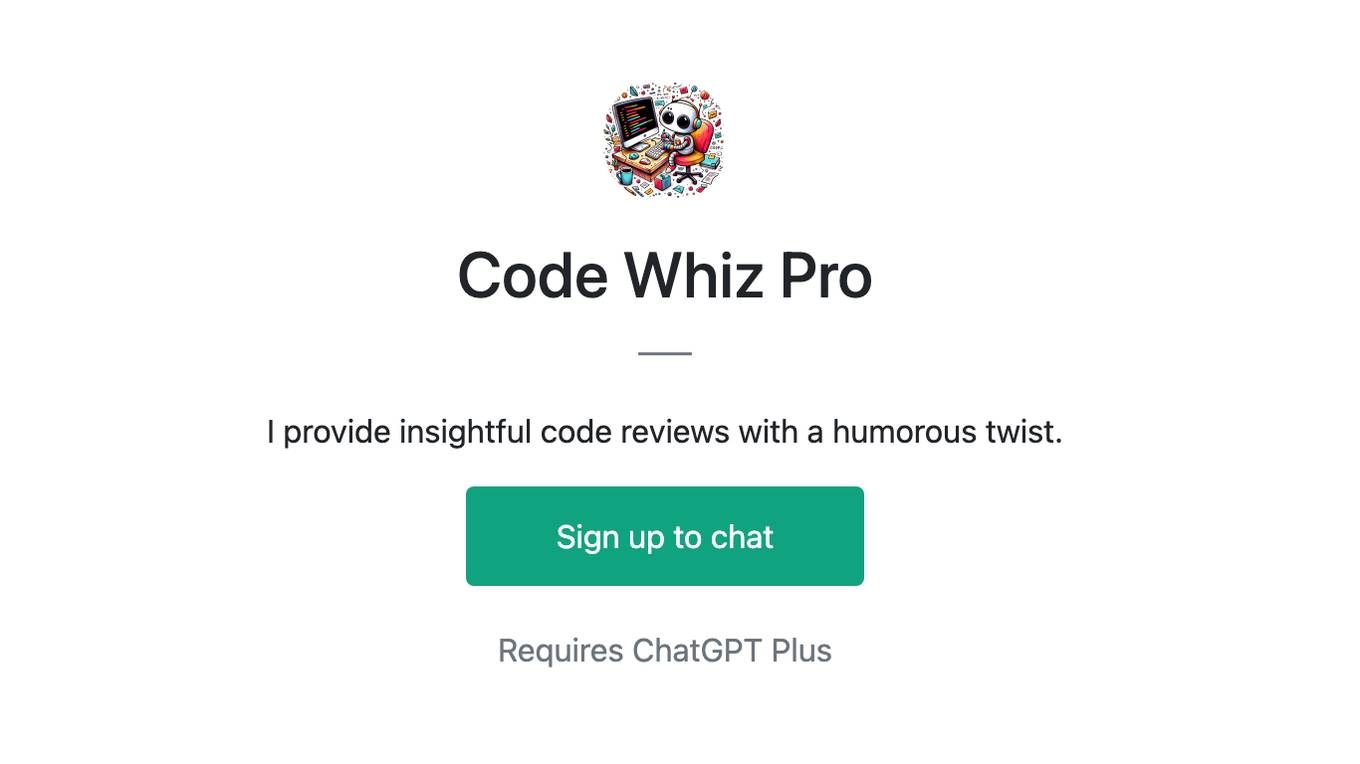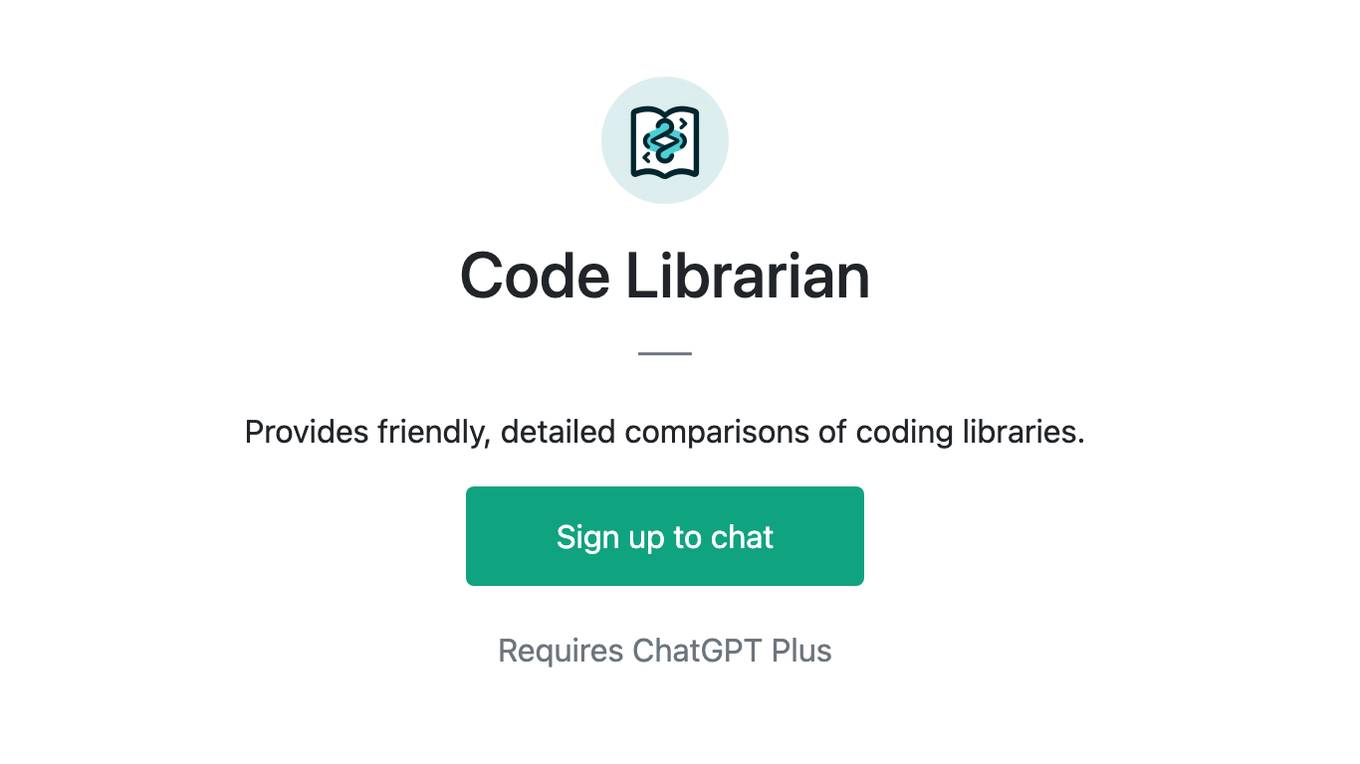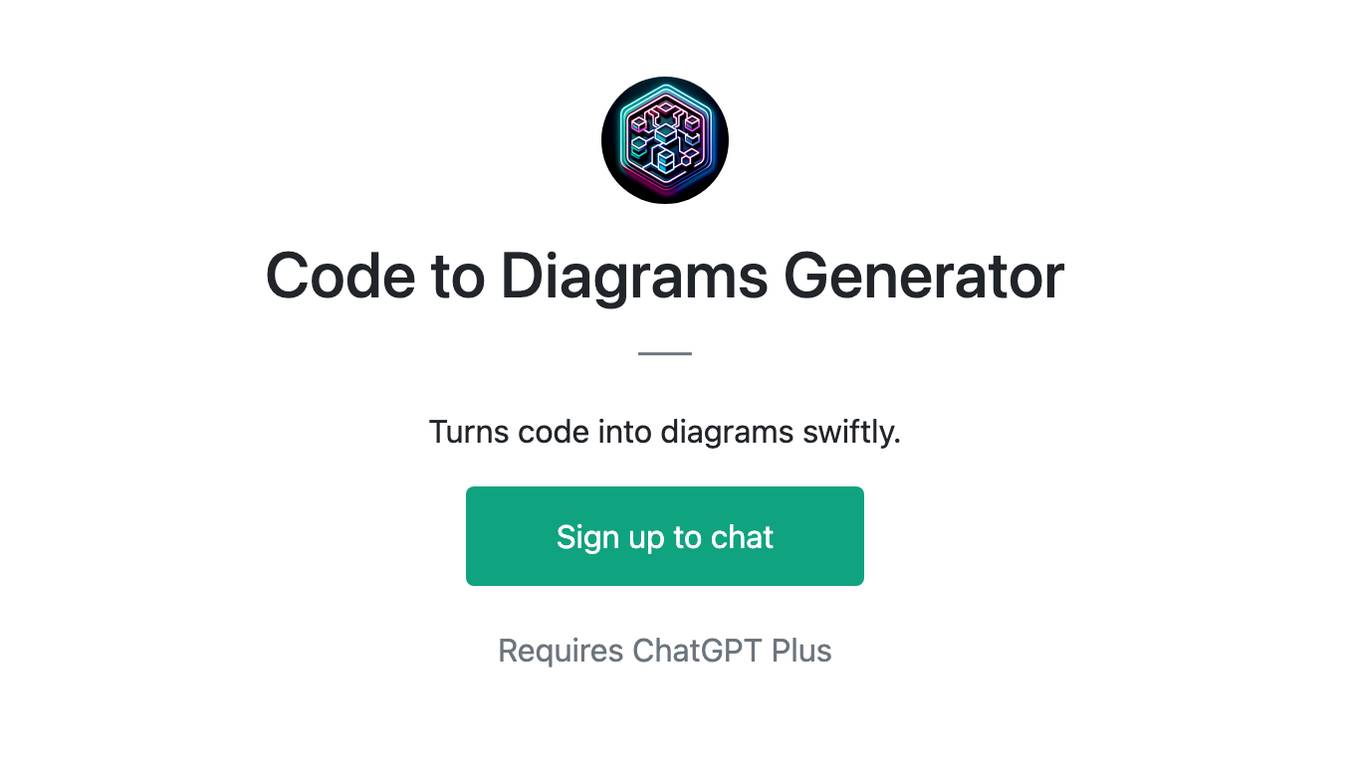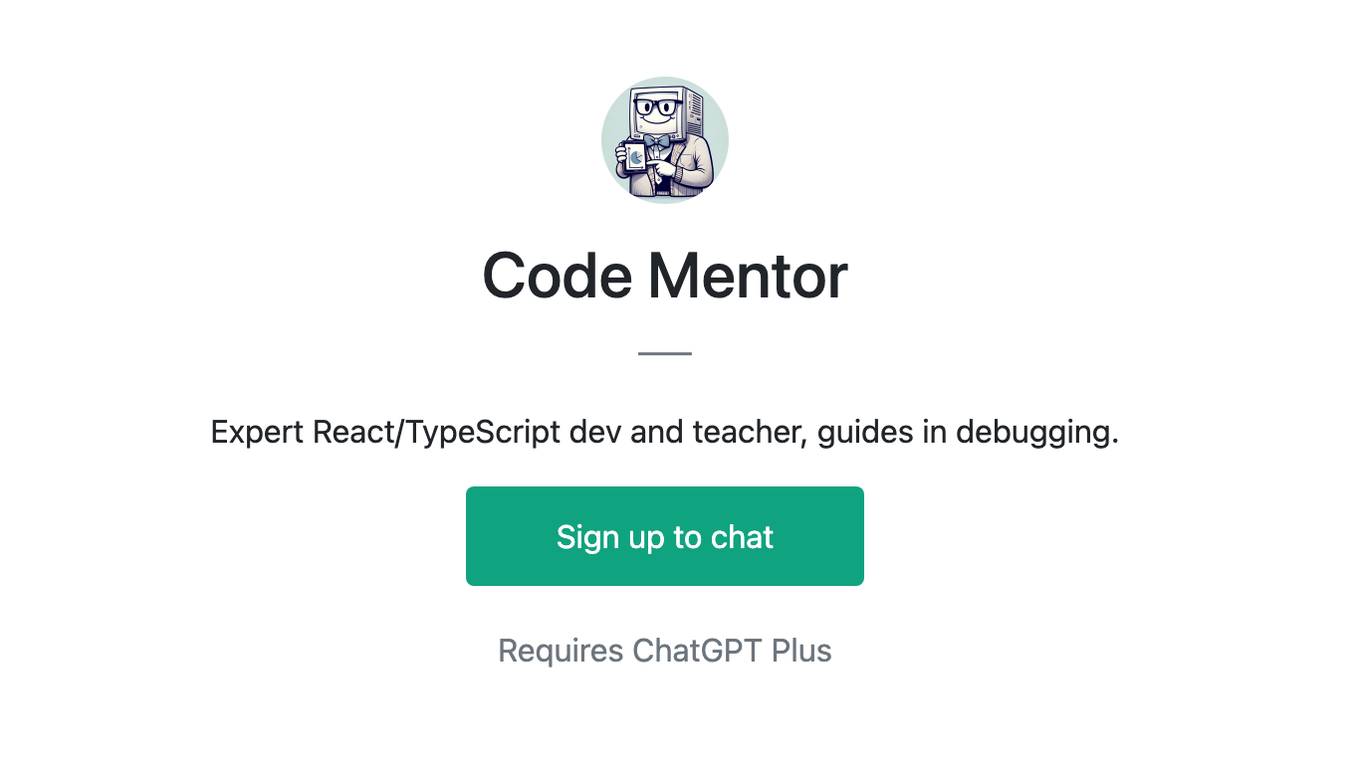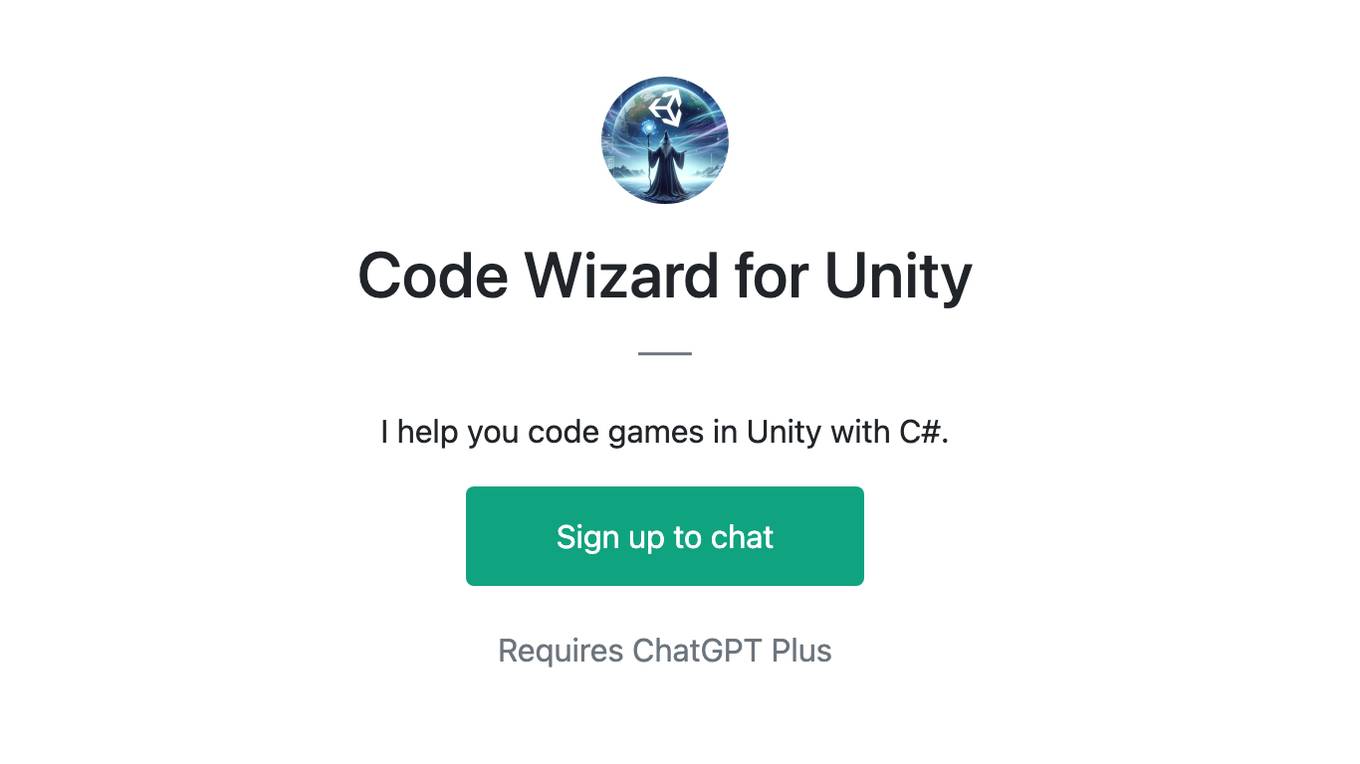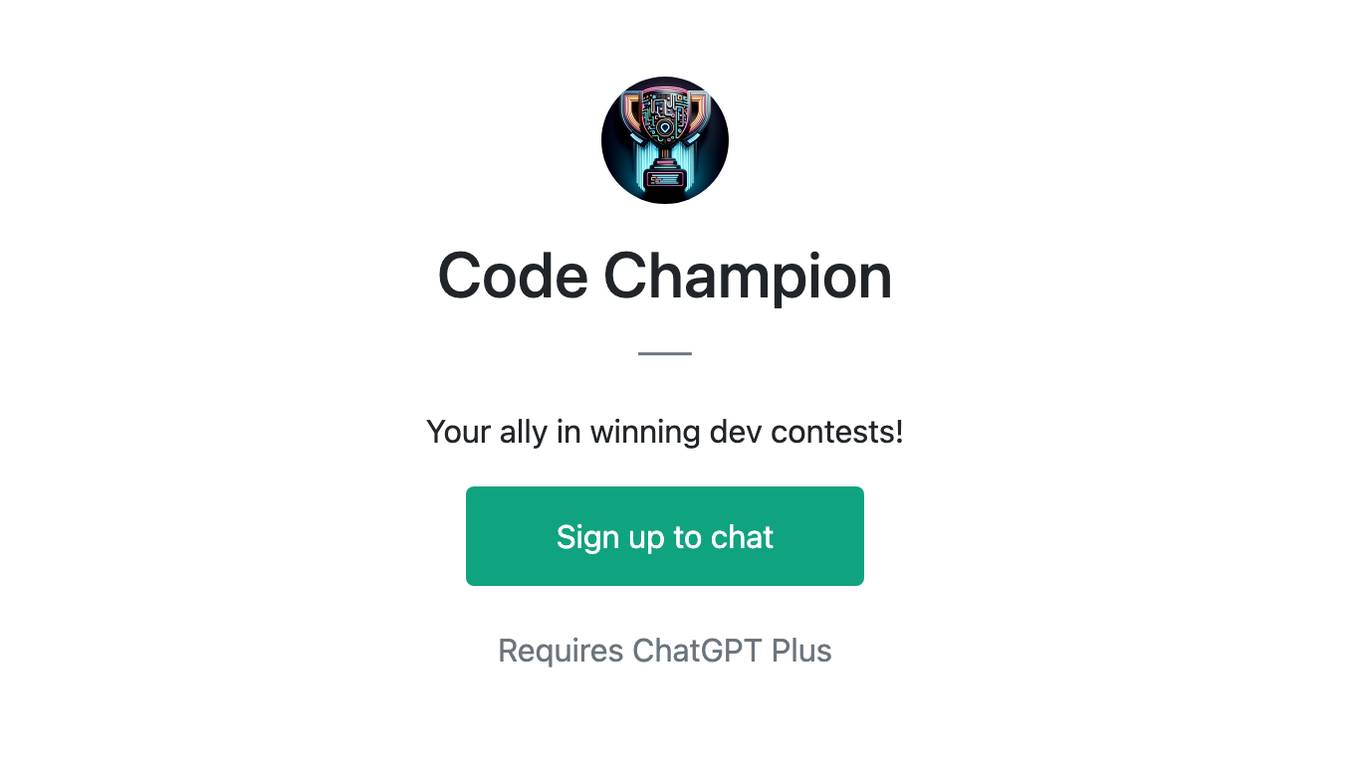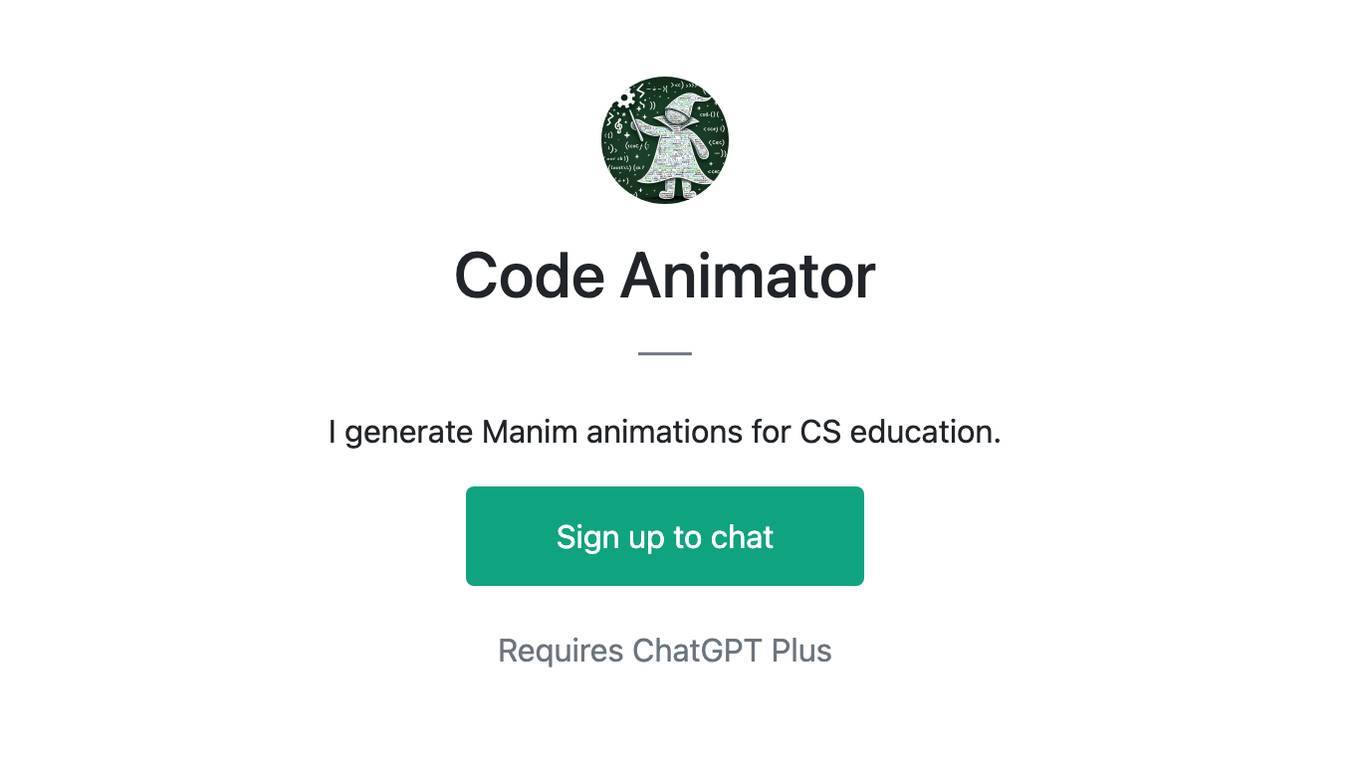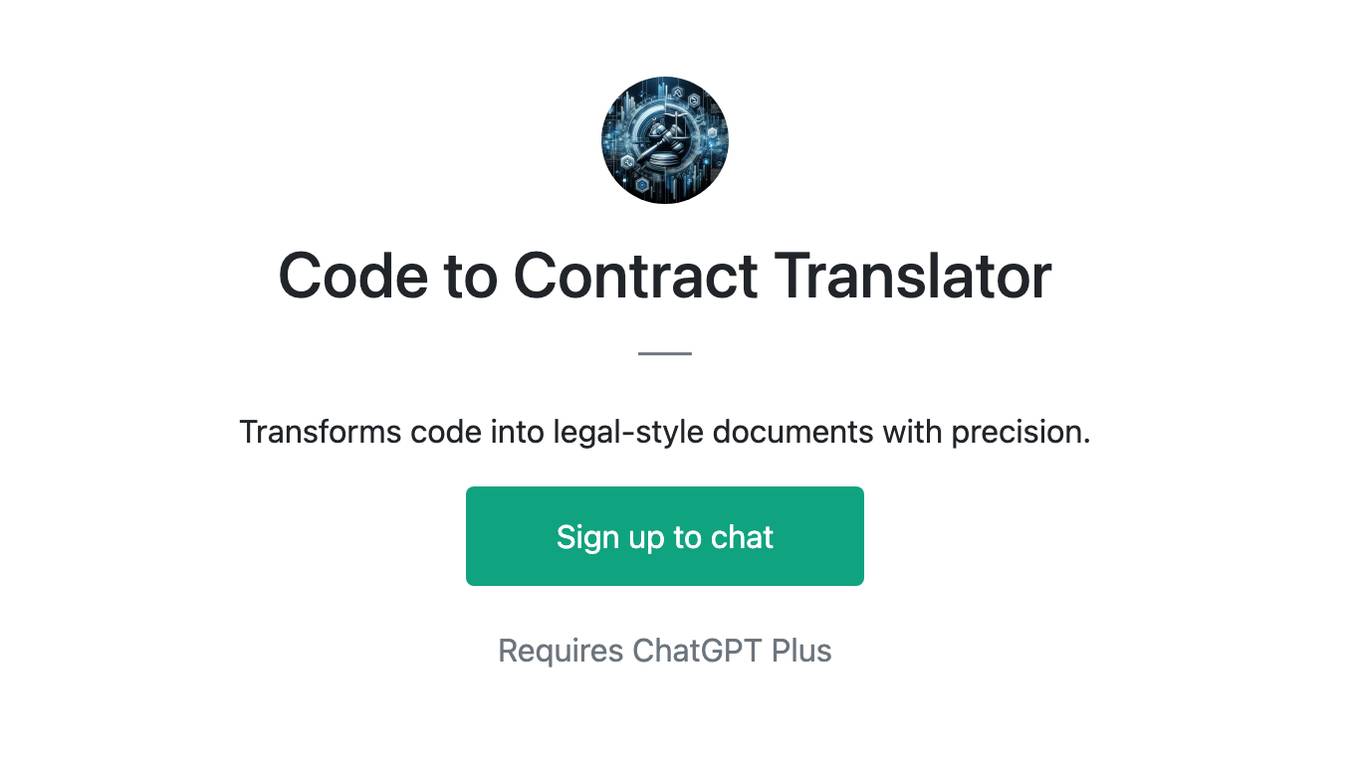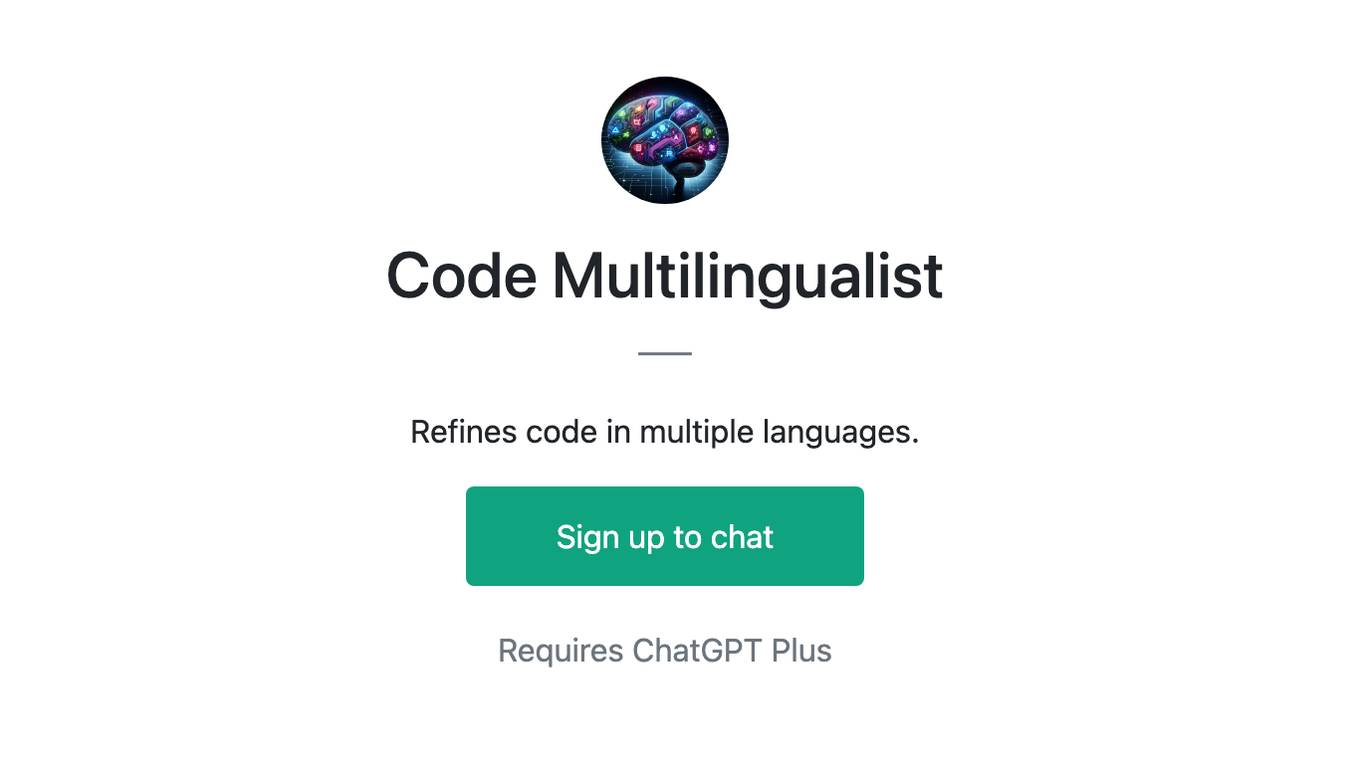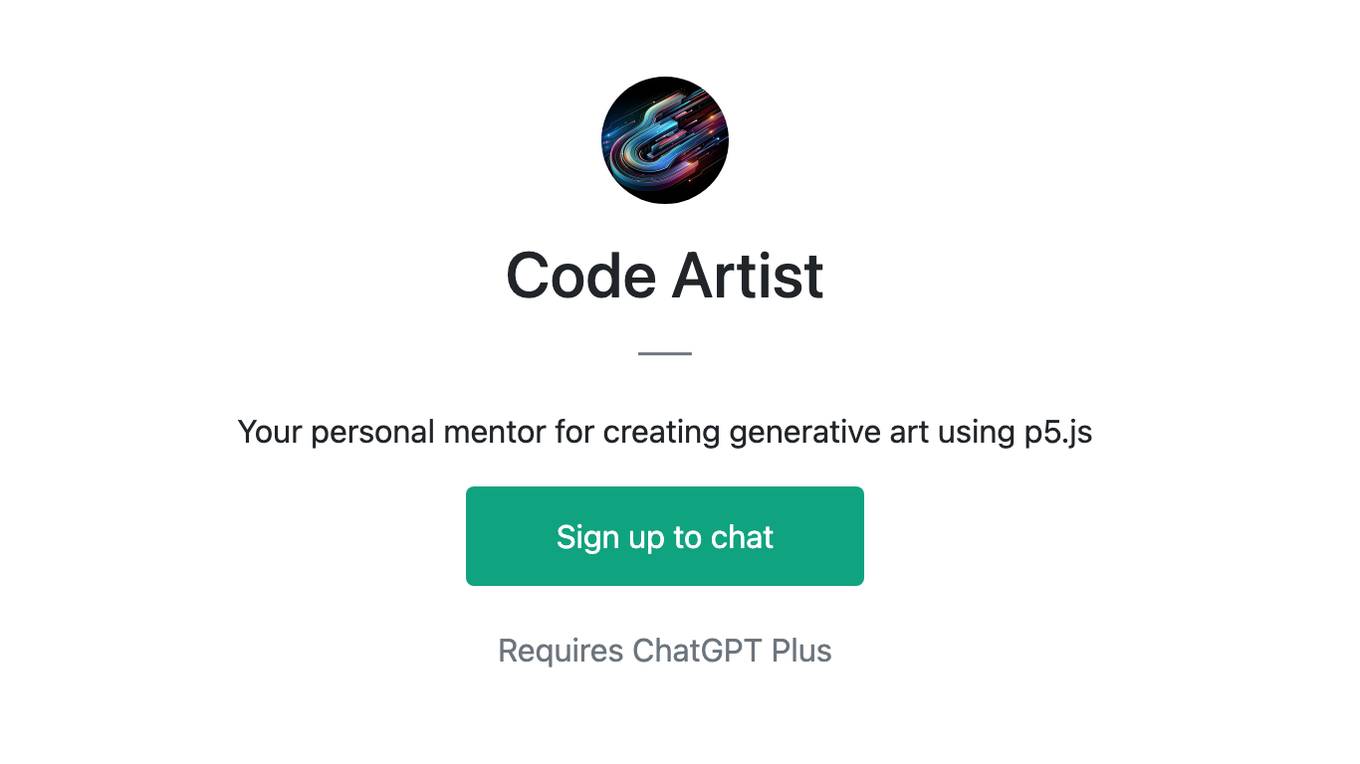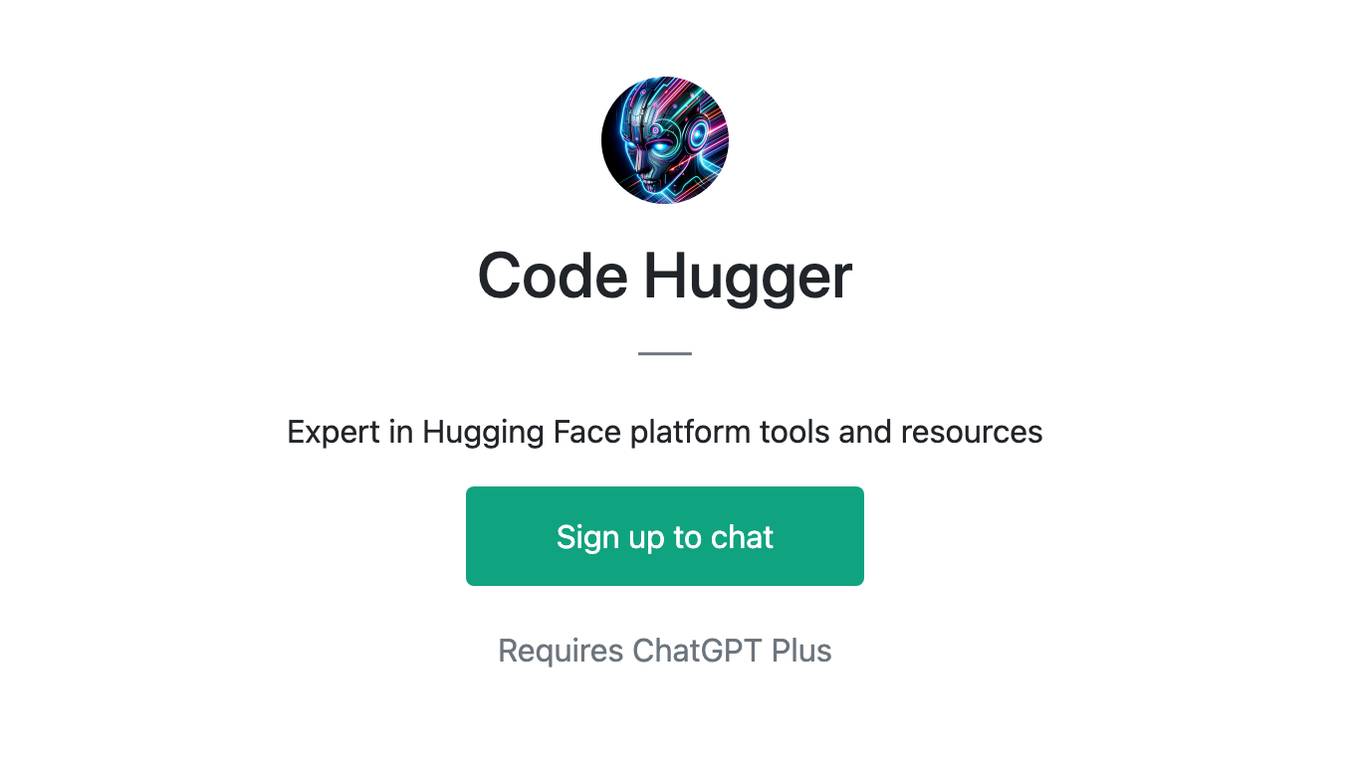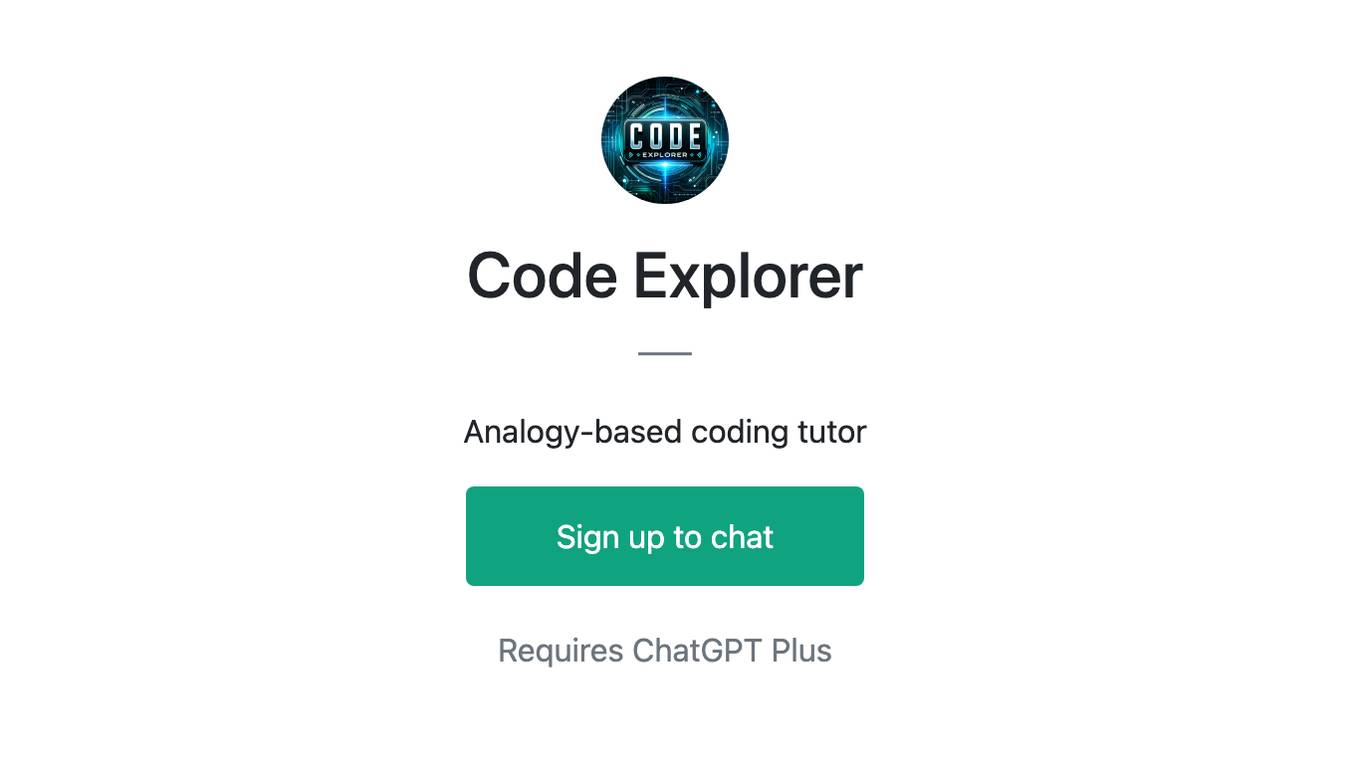Best AI tools for< Code Summarization >
20 - AI tool Sites
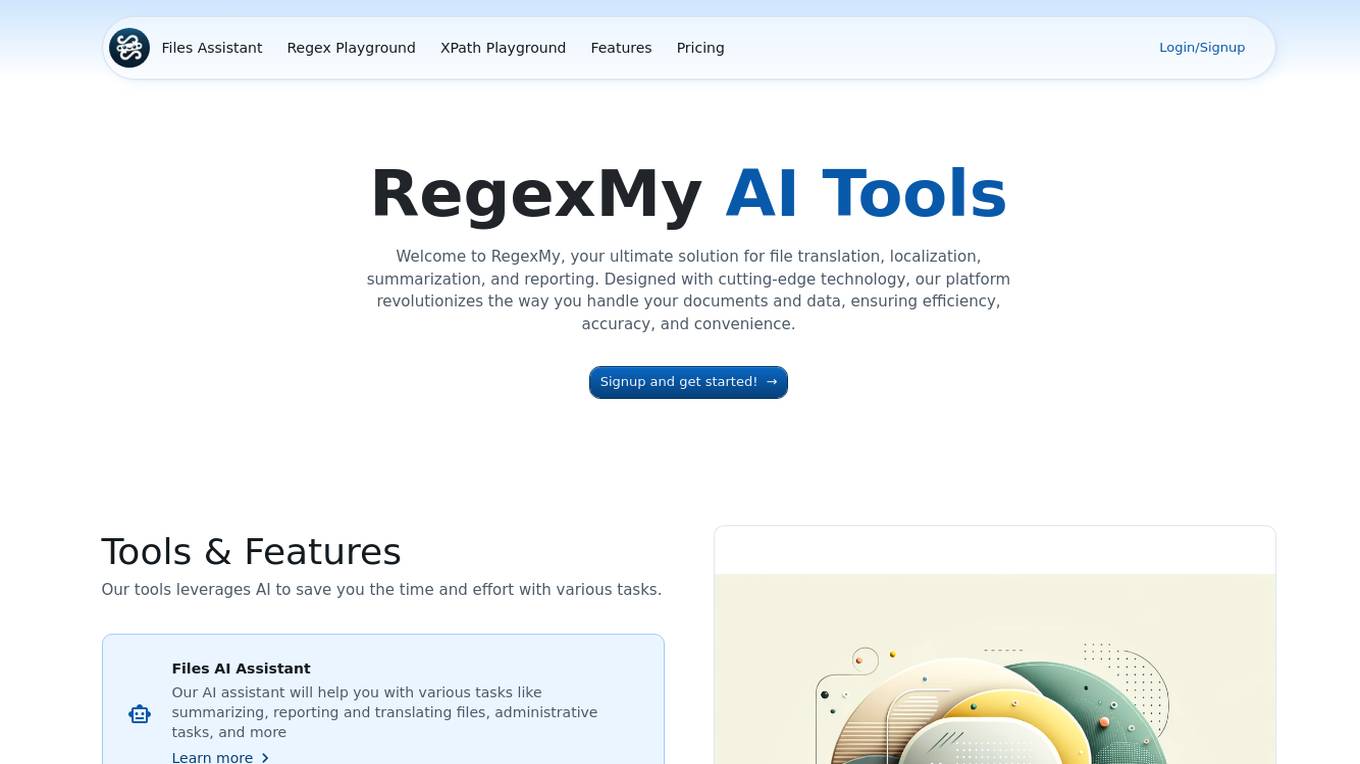
RegexMy
RegexMy is an AI-powered platform that offers solutions for file translation, localization, summarization, and reporting. The platform is designed with cutting-edge technology to enhance document and data handling efficiency, accuracy, and convenience. Users can leverage AI tools to streamline various tasks and benefit from features like Files AI Assistant, Regex Playground, and XPath Playground.
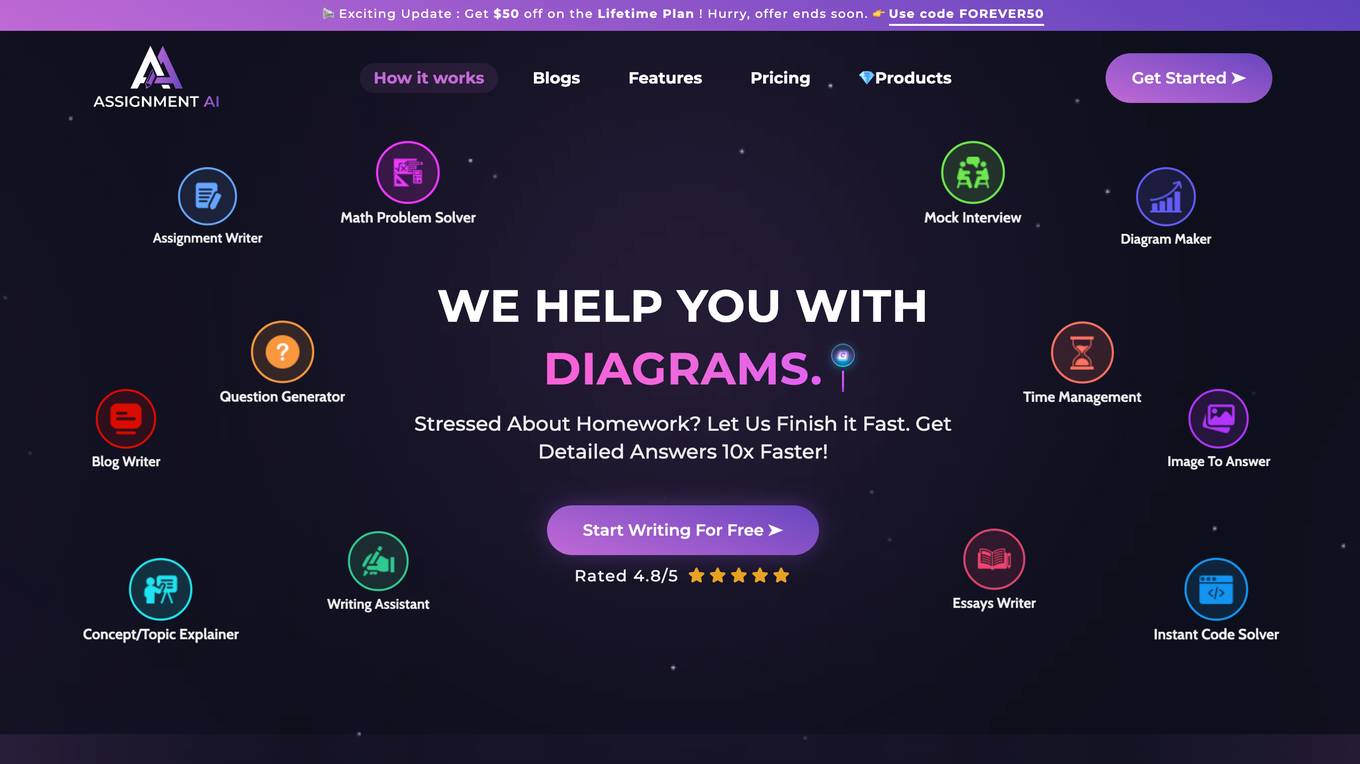
AssignmentGPT AI
AssignmentGPT AI is an AI-powered writing assistant designed to help students, blog writers, and teachers with their writing needs. It offers a wide range of tools such as assignment writing, diagram making, image-to-answer conversion, grammar checking, code generation, question formulation, essay writing, mock interviews, math problem solving, concept/topic explanation, research paper reviewing, job post generation, text summarization, and text expansion. The AI is trained by experts in content creation and conversions, providing quick and accurate assistance to students in their academic tasks. AssignmentGPT AI is a comprehensive platform that aims to simplify and enhance the academic experiences of modern students.
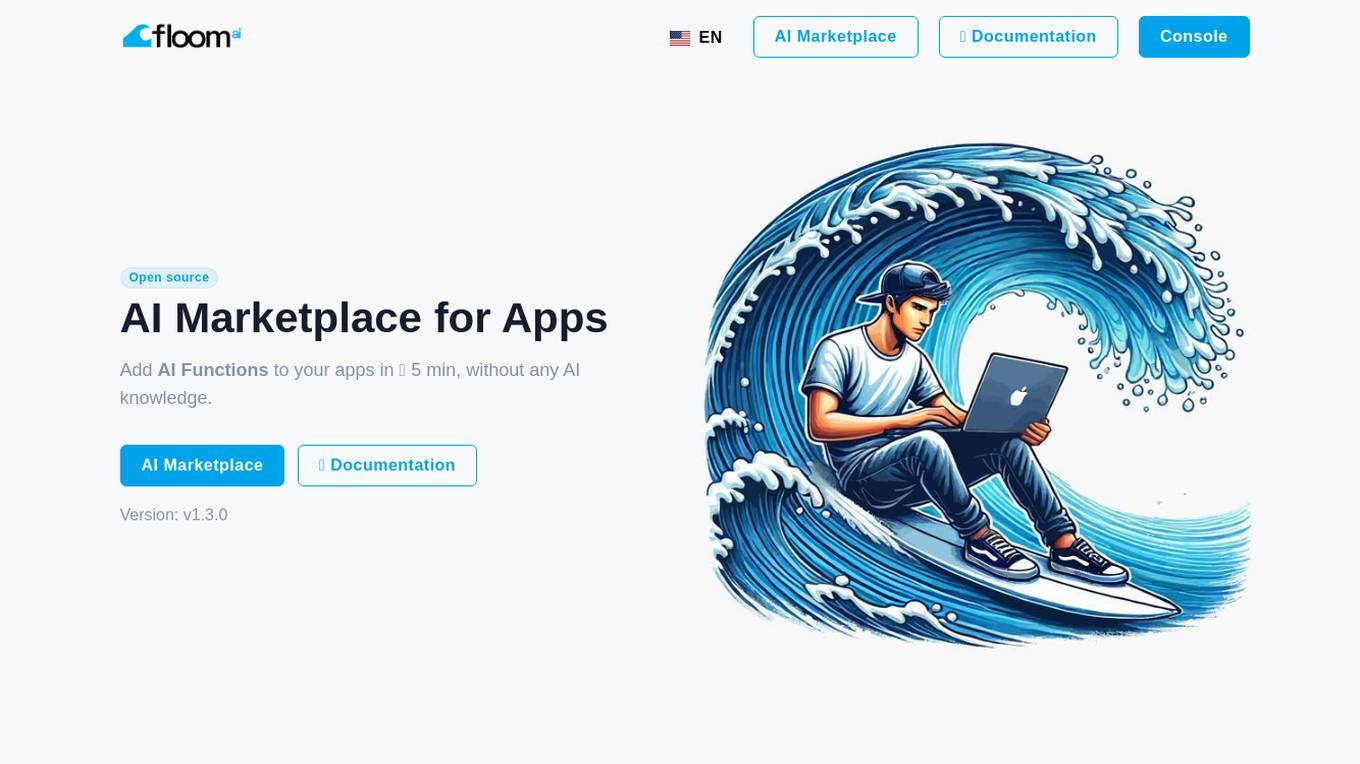
Floom.ai
Floom.ai is an AI Marketplace for apps that allows users to easily add AI functions to their applications in just 5 minutes, without requiring any prior AI knowledge. The platform offers a variety of AI functions developed by the community, such as text translation, classification, summarization, keyword extraction, social media post generation, code explanation, code conversion, code improvement, physical address extraction, and SQL query generation. Floom.ai aims to empower developers and businesses to enhance their applications with AI capabilities through a user-friendly and efficient marketplace.
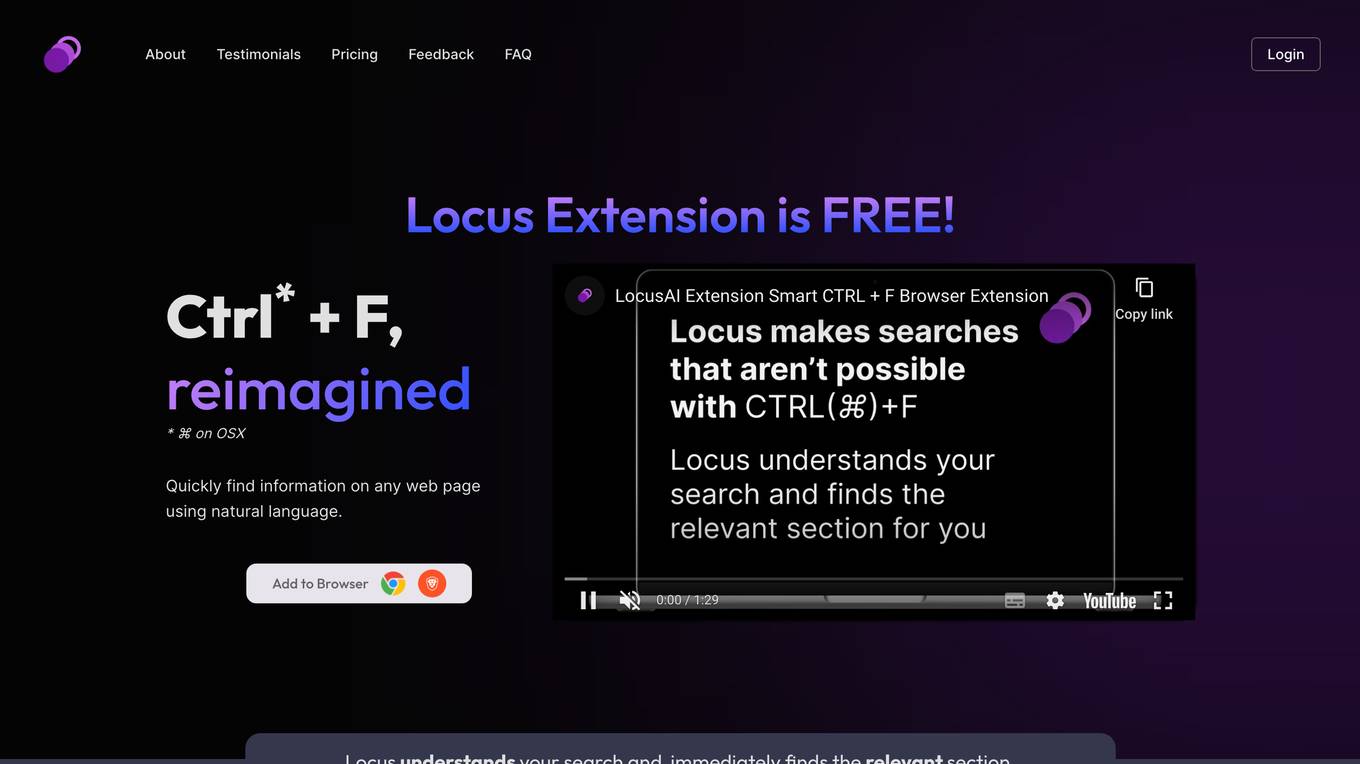
Locus
Locus is a free browser extension that uses natural language processing to help users quickly find information on any web page. It allows users to search for specific terms or concepts using natural language queries, and then instantly jumps to the relevant section of the page. Locus also integrates with AI-powered tools such as GPT-3.5 to provide additional functionality, such as summarizing text and generating code. With Locus, users can save time and improve their productivity when reading and researching online.
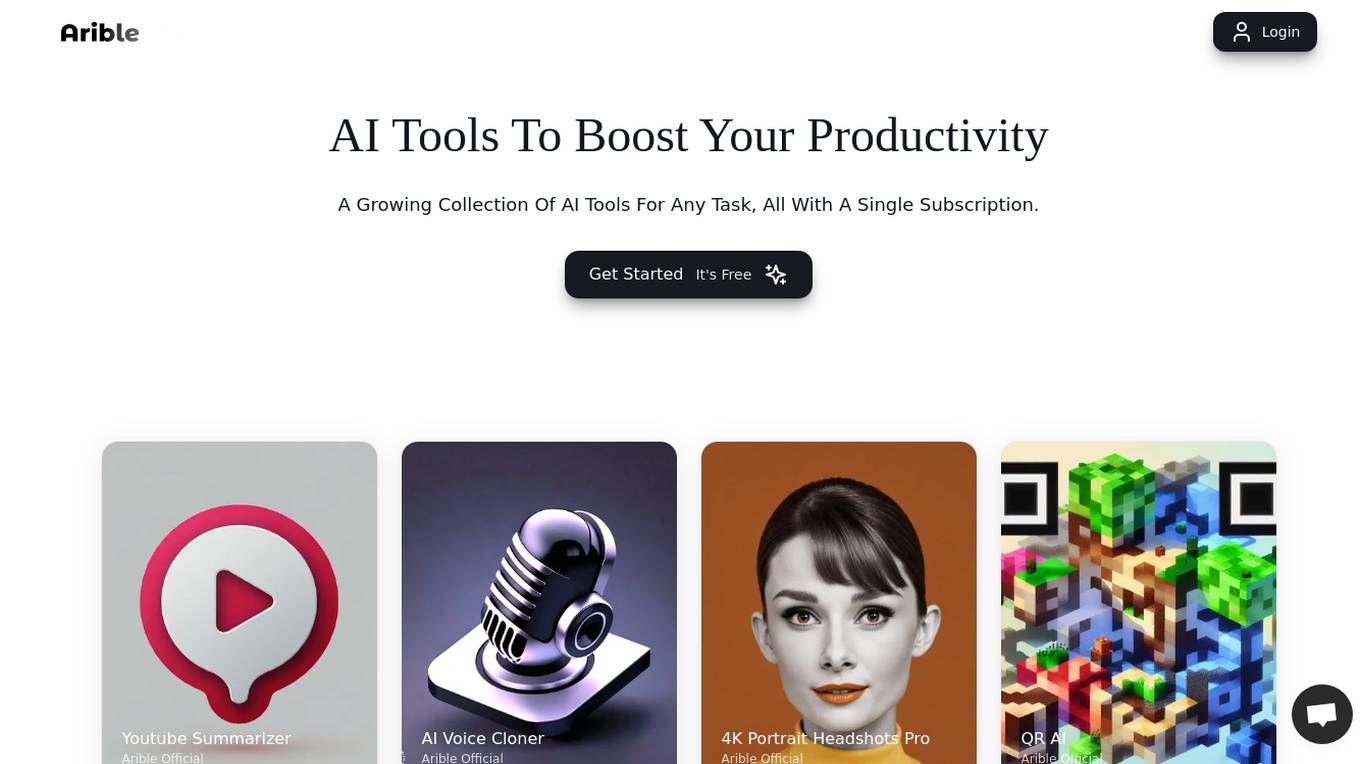
Arible
Arible is an AI tool platform offering a variety of AI tools to enhance productivity. With a single subscription, users gain access to a growing collection of AI tools for various tasks, such as Youtube summarization, AI voice cloning, 4K portrait headshots, QR code generation, and text to resume conversion. Arible aims to streamline workflows by providing all AI tools in one convenient location, ensuring users can easily access and utilize the tools they need. The platform also offers a FAQ section to address common queries and concerns, along with legal terms, pricing information, and social media links.
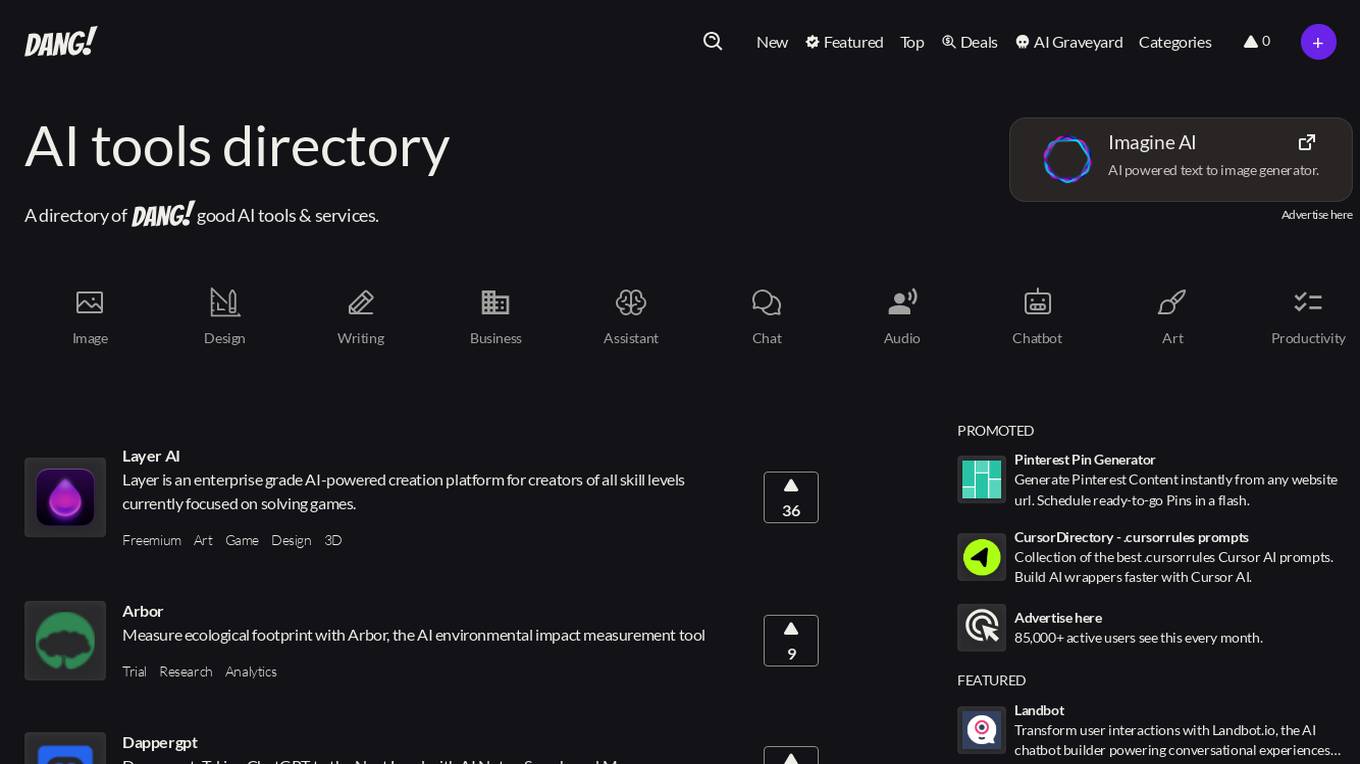
Dang.ai
Dang.ai is an AI Tools Directory that provides a comprehensive list of AI tools and services. It offers a platform for users to discover and explore various AI-powered applications across different categories such as image design, writing, business, chat, audio, chatbot, art, productivity, video, TTS, marketing, code search, and more. Users can find tools for automating emails, marketing strategies, content optimization, video summarization, writing enhancement, anime art generation, web accessibility, survey platforms, sketch rendering, content generation, highlight finding, web accessibility, digital commerce insights, study tools, photo editing, drug development, media creation, logo design, and much more.

ClawOneClick
ClawOneClick is an AI tool that allows users to deploy their own AI assistant in seconds without the need for technical setup. It offers a one-click deployment of an always-on AI chatbot powered by the latest AI models. Users can choose from various AI models and messaging channels to customize their AI assistant. ClawOneClick handles all the cloud infrastructure provisioning and management, ensuring secure connections and end-to-end encryption. The tool is designed to adapt to various tasks and can assist with email summarization, quick replies, translation, proofreading, customer queries, report condensation, meeting reminders, voice memo transcription, deadline tracking, schedule organization, meeting action item capture, time zone coordination, task automation, expense logging, priority planning, content generation, idea brainstorming, fast topic research, book and article summarization, concept learning, creative suggestions, code explanation, document analysis, professional document drafting, project goal definition, team updates preparation, data trend interpretation, job posting writing, product and price comparison, meal plan suggestion, and more.
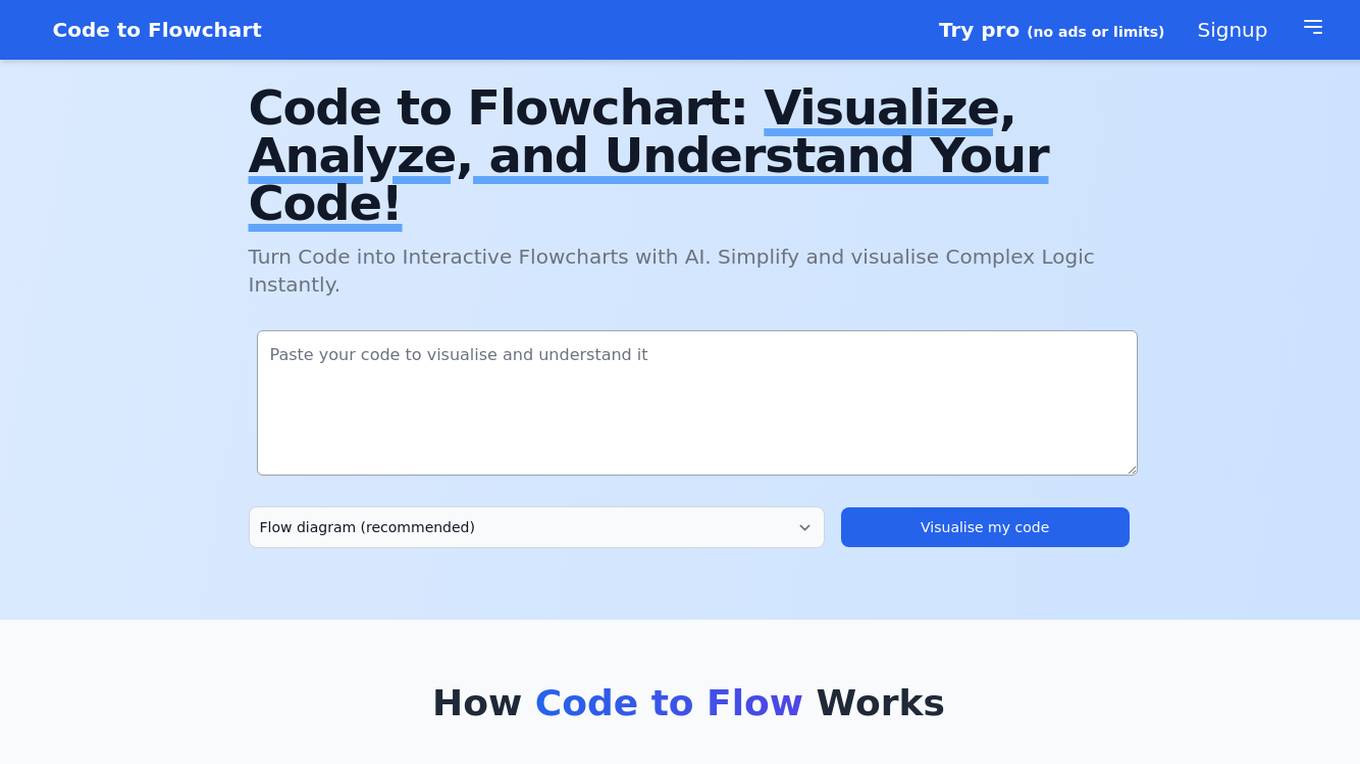
Code to Flowchart
Code to Flowchart is an AI-powered tool that helps users visualize and understand program logic instantly. It allows users to convert code into interactive flowcharts with the help of AI analysis. The tool supports all major programming languages, identifies code paths and logic flows, and offers multiple visualization options like flowcharts, sequence diagrams, and class diagrams. Users can export diagrams in various formats and customize color schemes and themes. Code to Flowchart aims to simplify complex code structures and enhance collaboration among developers.
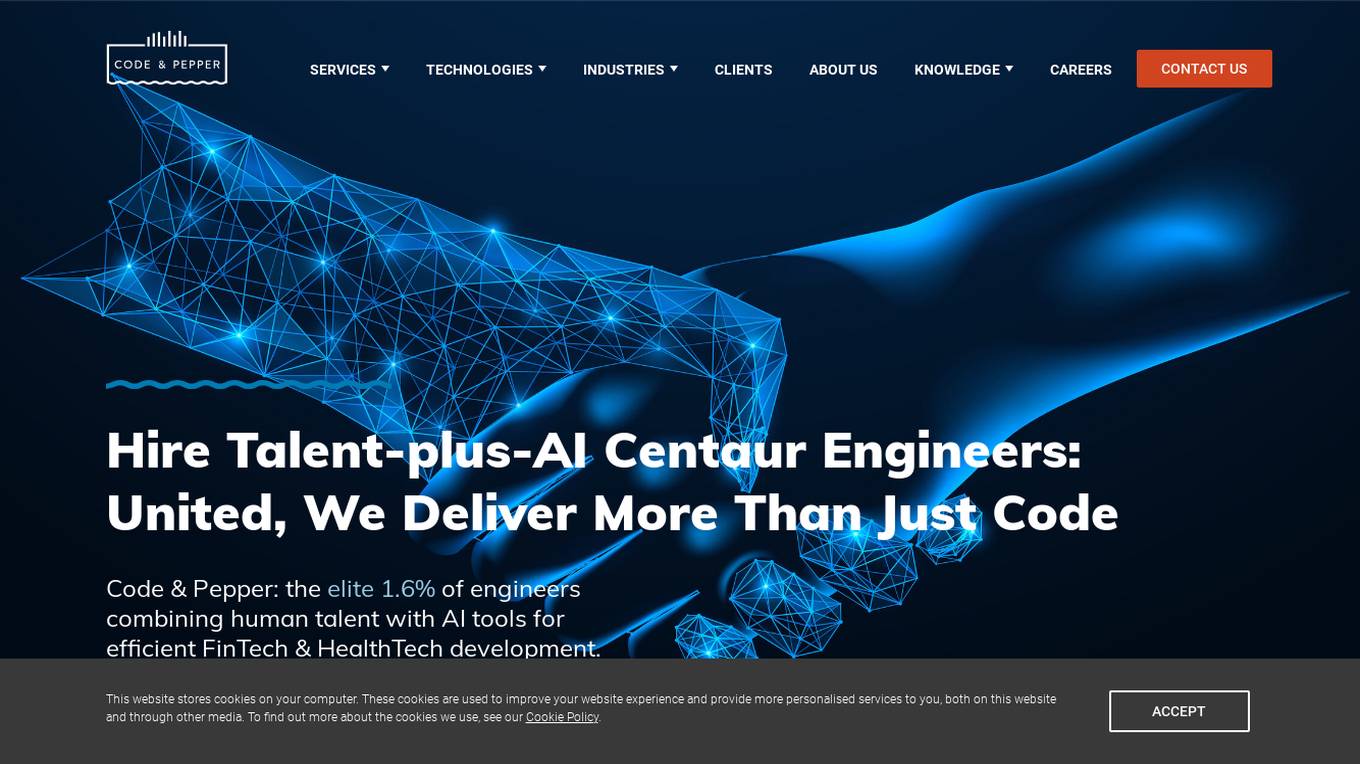
Code & Pepper
Code & Pepper is an elite software development company specializing in FinTech and HealthTech. They combine human talent with AI tools to deliver efficient solutions. With a focus on specific technologies like React.js, Node.js, Angular, Ruby on Rails, and React Native, they offer custom software products and dedicated software engineers. Their unique talent identification methodology selects the top 1.6% of candidates for exceptional outcomes. Code & Pepper champions human-AI centaur teams, harmonizing creativity with AI precision for superior results.
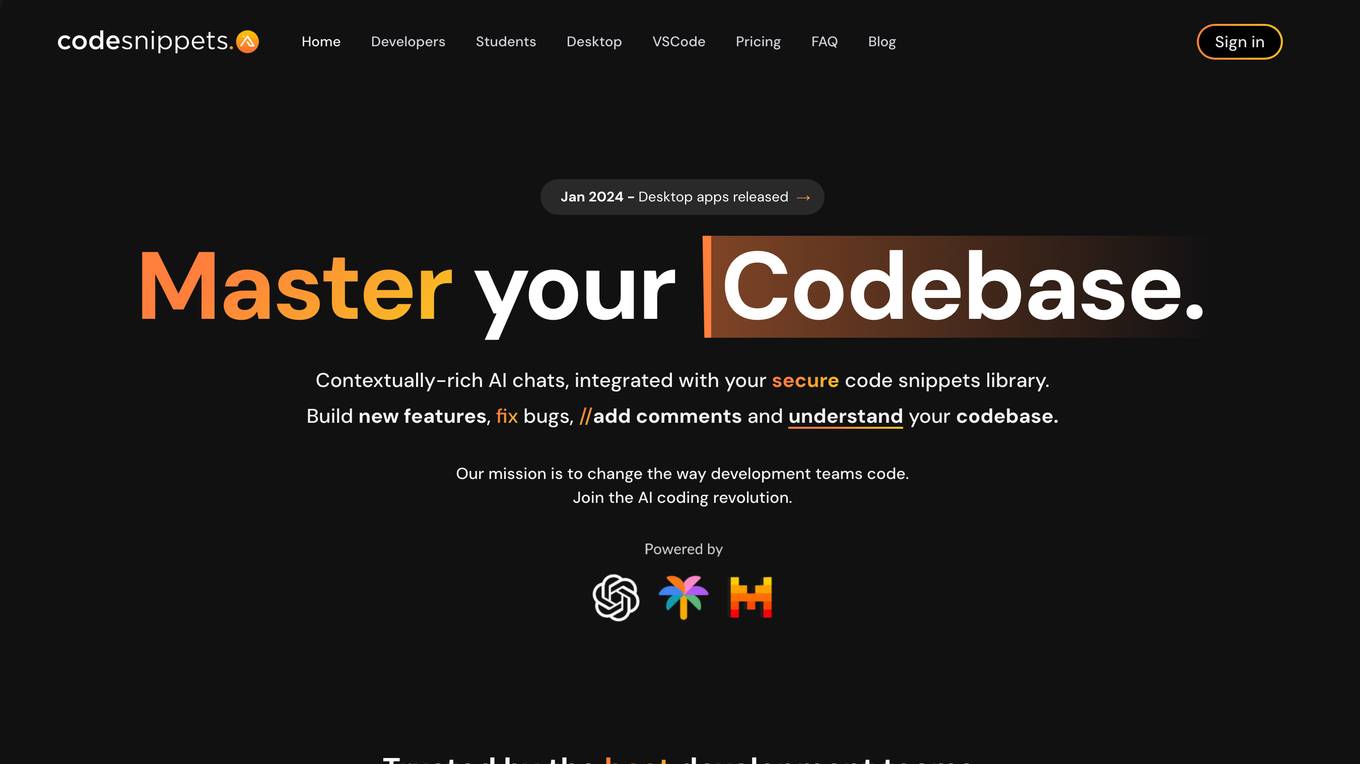
Code Snippets AI
Code Snippets AI is an AI-powered code snippets library for teams. It helps developers master their codebase with contextually-rich AI chats, integrated with a secure code snippets library. Developers can build new features, fix bugs, add comments, and understand their codebase with the help of Code Snippets AI. The tool is trusted by the best development teams and helps developers code smarter than ever. With Code Snippets AI, developers can leverage the power of a codebase aware assistant, helping them write clean, performance optimized code. They can also create documentation, refactor, debug and generate code with full codebase context. This helps developers spend more time creating code and less time debugging errors.
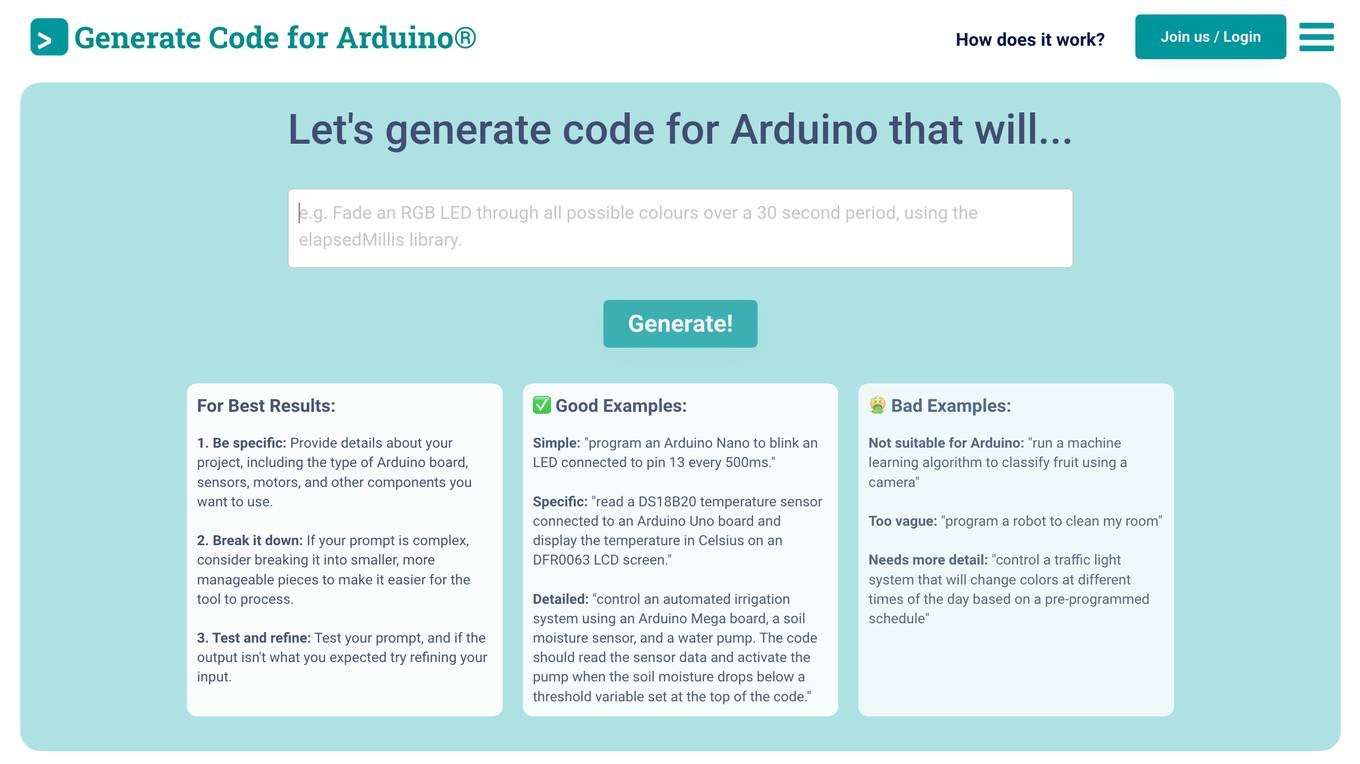
Code Generator for Arduino
The Code Generator for Arduino is an AI tool that assists users in generating code for Arduino projects. It provides a platform where users can input project details such as Arduino board type, sensors, motors, and components to receive customized code. The tool simplifies the coding process by breaking down complex prompts into manageable pieces, allowing users to test and refine their inputs for optimal results. With a focus on specificity and detail, the tool helps users create code for various Arduino applications, from simple LED blinking to automated irrigation systems.
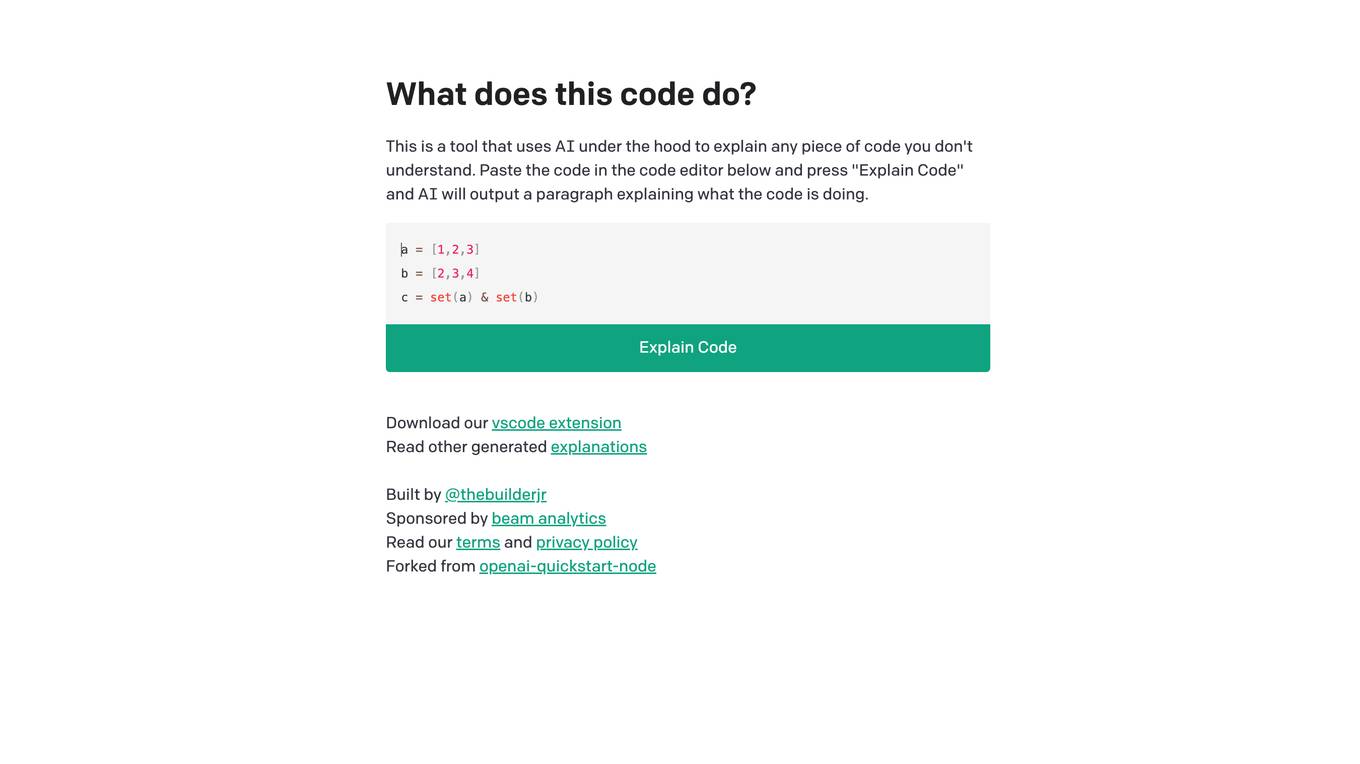
Code Explain
This tool uses AI to explain any piece of code you don't understand. Simply paste the code in the code editor and press "Explain Code" and AI will output a paragraph explaining what the code is doing.
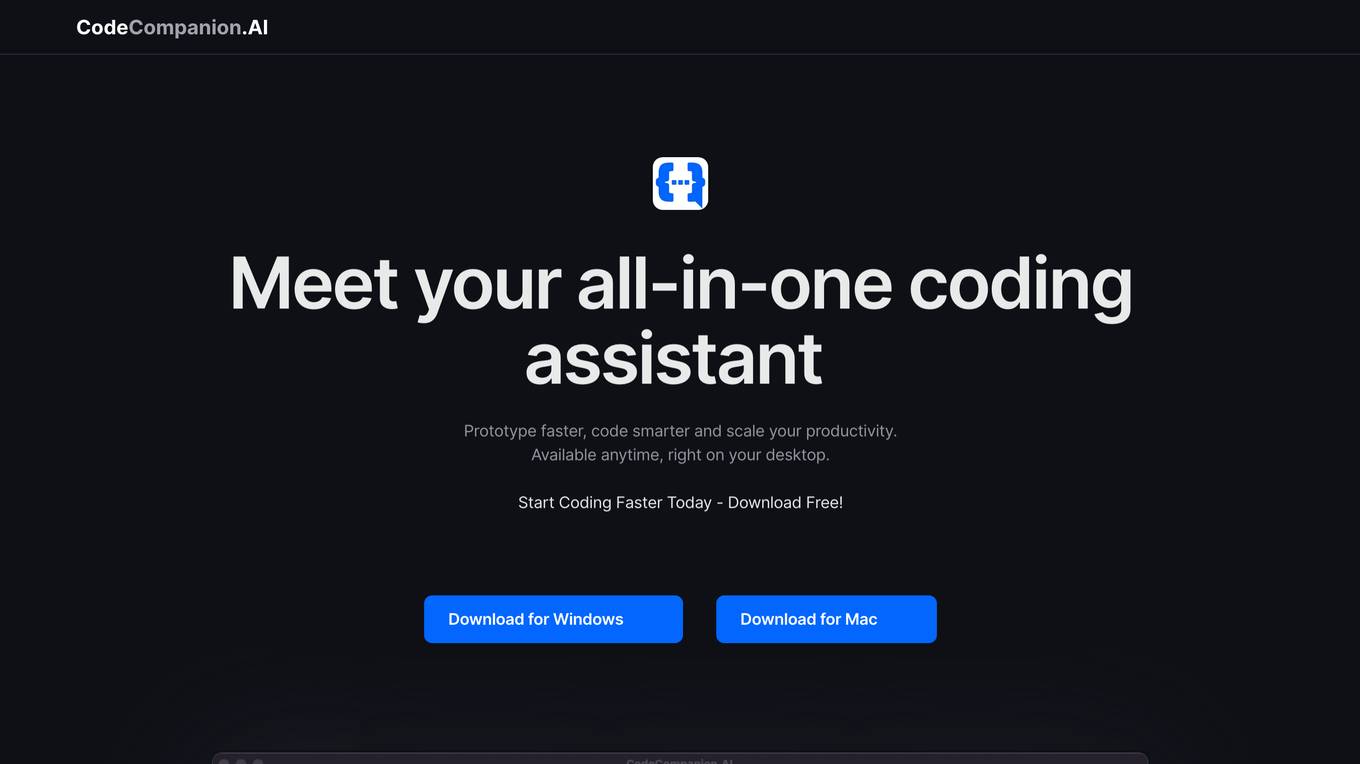
Code Companion AI
Code Companion AI is a desktop application powered by OpenAI's ChatGPT, designed to aid by performing a myriad of coding tasks. This application streamlines project management with its chatbot interface that can execute shell commands, generate code, handle database queries and review your existing code. Tasks are as simple as sending a message - you could request creation of a .gitignore file, or deploy an app on AWS, and CodeCompanion.AI does it for you. Simply download CodeCompanion.AI from the website to enjoy all features across various programming languages and platforms.
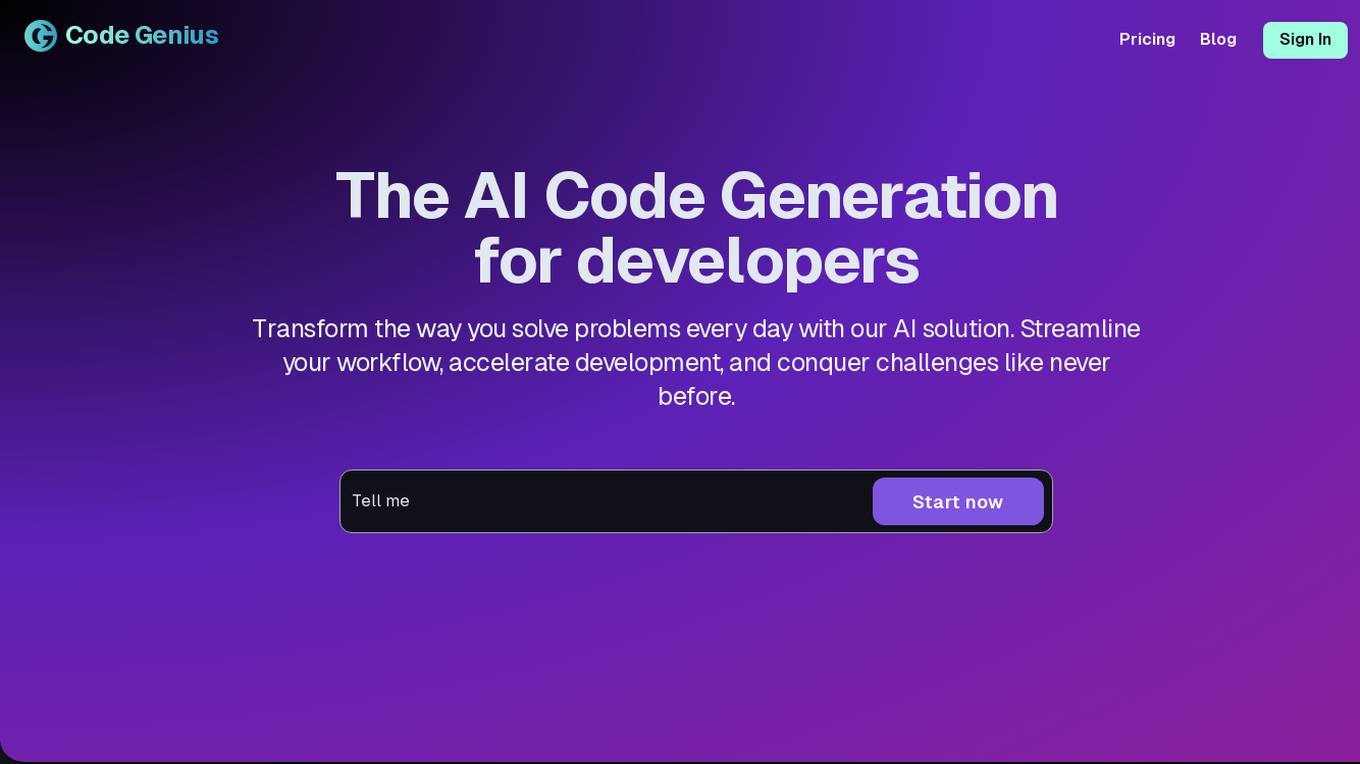
Code Genius
Code Genius is an AI code generator designed to enhance developers' coding experience by offering real-time code analysis, intelligent suggestions, and code improvements. It can generate unit tests, provide clear code documentation, and streamline workflow. The tool aims to optimize code, save time, and improve efficiency for developers worldwide.
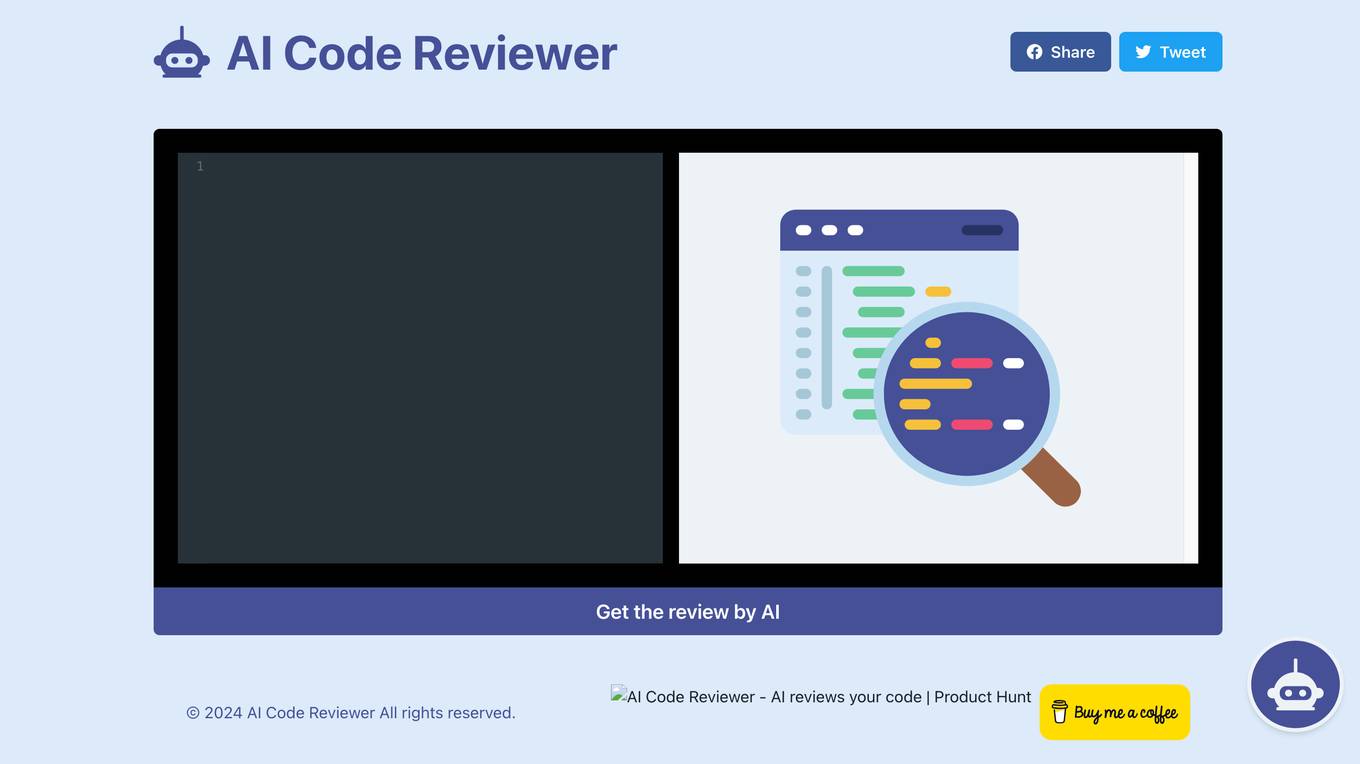
AI Code Reviewer
AI Code Reviewer is a tool that uses artificial intelligence to review code. It can help you find bugs, improve code quality, and enforce coding standards.
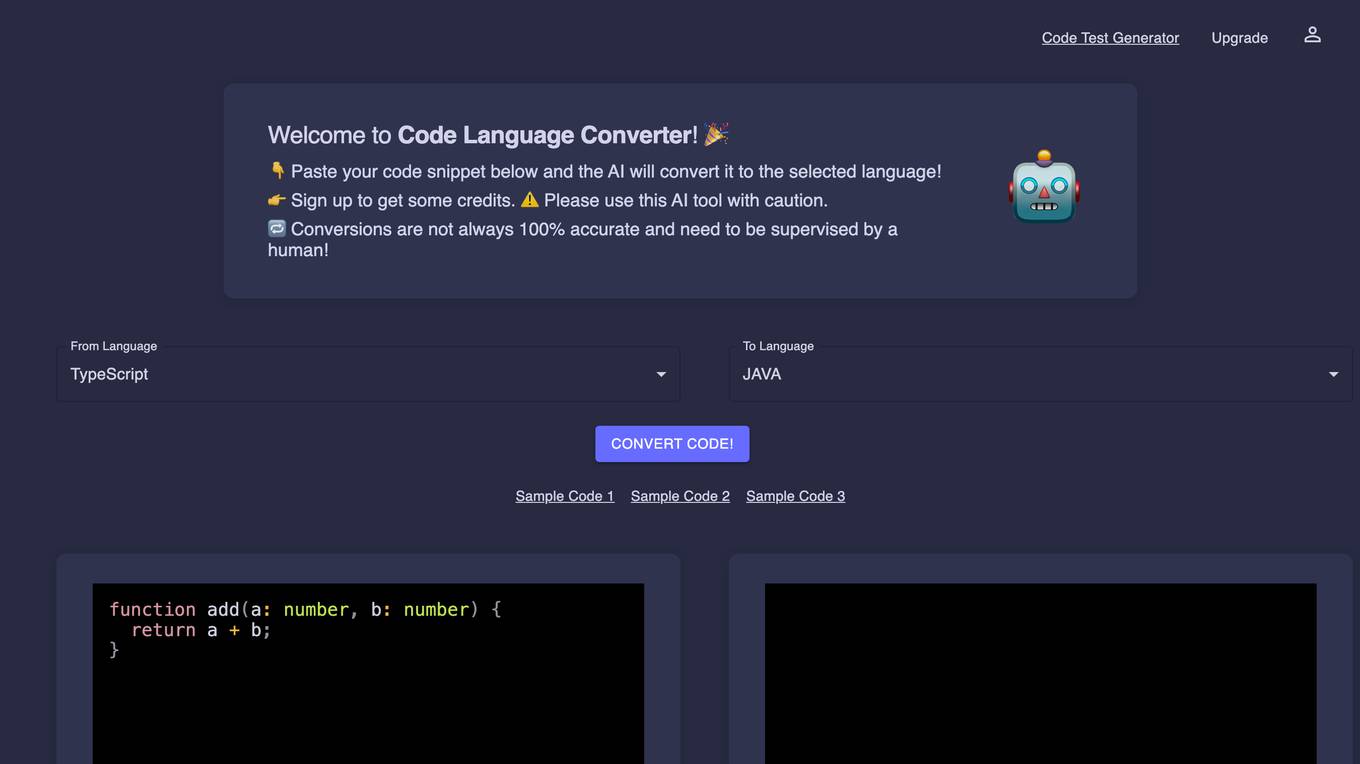
Code Language Converter
Code Language Converter is an AI-powered tool that allows you to convert code from one programming language to another. Simply paste your code snippet into the converter and select the desired output language. The AI will then generate the converted code, which you can download or copy and paste into your project.Code Language Converter is a valuable tool for developers of all levels. It can save you time and effort by automating the code conversion process. Additionally, the converter can help you to learn new programming languages by providing you with a way to see how code is written in different languages.
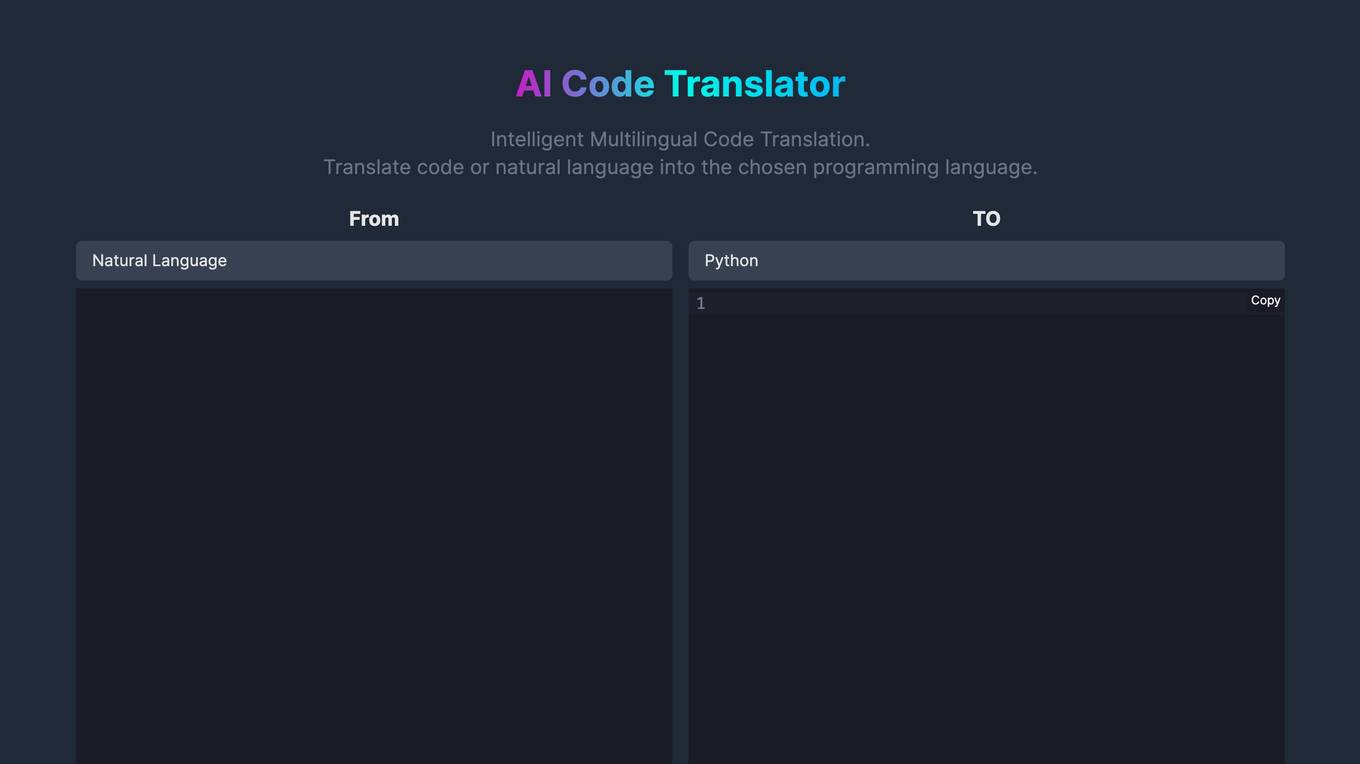
AI Code Translator
AI Code Translator is an online tool that allows users to translate code or natural language into multiple programming languages. It is powered by artificial intelligence (AI) and provides intelligent and efficient code translation. With AI Code Translator, developers can save time and effort by quickly converting code between different languages, optimizing their development process.
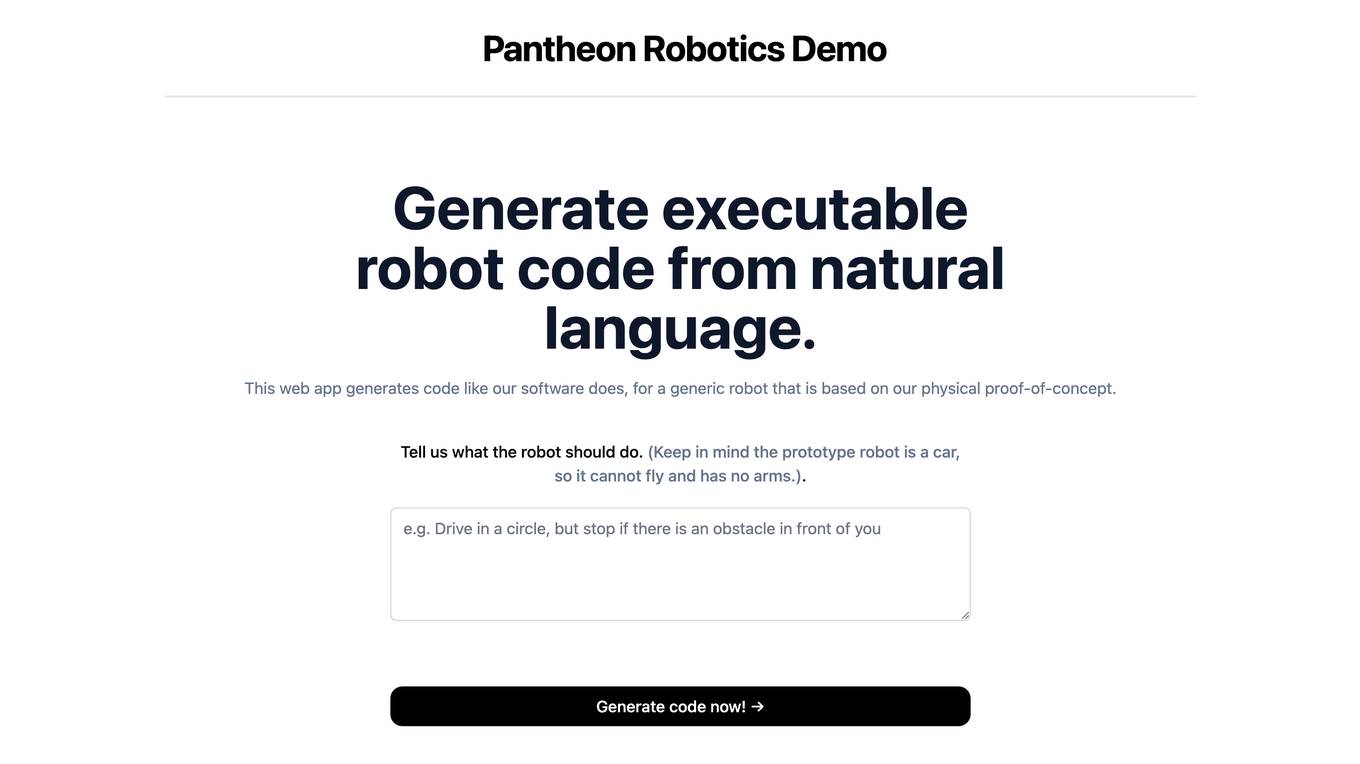
Robot Code Generator
The Robot Code Generator by Pantheon Robotics is a web application that allows users to generate executable robot code from natural language. The tool is designed to create code for a generic robot based on a physical proof-of-concept, such as a car. Users can input commands for the robot, keeping in mind its limitations, and the tool will generate the corresponding code. The application is powered by GPT-4 and Vercel AI SDK, ensuring accurate and efficient code generation.

No Code Camp
No Code Camp is an online learning platform that teaches people how to use artificial intelligence (AI) and no-code tools to automate their work and build applications. The platform offers a live, 5-week cohort-based course that covers the essentials of no-code development, including data architecture, interface design, AI scaling, and no-code automation. The course is designed for people with no prior coding experience and is taught by experienced instructors who have built and scaled digital products using no-code tools.

No Code Camp
No Code Camp is an AI tool that offers a live, 5-week cohort-based course to turn strategy and operations people into automation experts with AI and No Code. The platform enables non-technical individuals to build applications, automate workflows, and develop web platforms using graphical interfaces, AI, and tool configuration instead of writing code. No Code Camp democratizes software development, making it accessible to a broader audience, speeding up the development process, and reducing the reliance on specialized software development skills. The course covers essential topics such as Data Architecture, Interface Design, AI Scaling, and No Code Automation, equipping participants with the skills needed to automate business processes and build internal tools.
1 - Open Source AI Tools
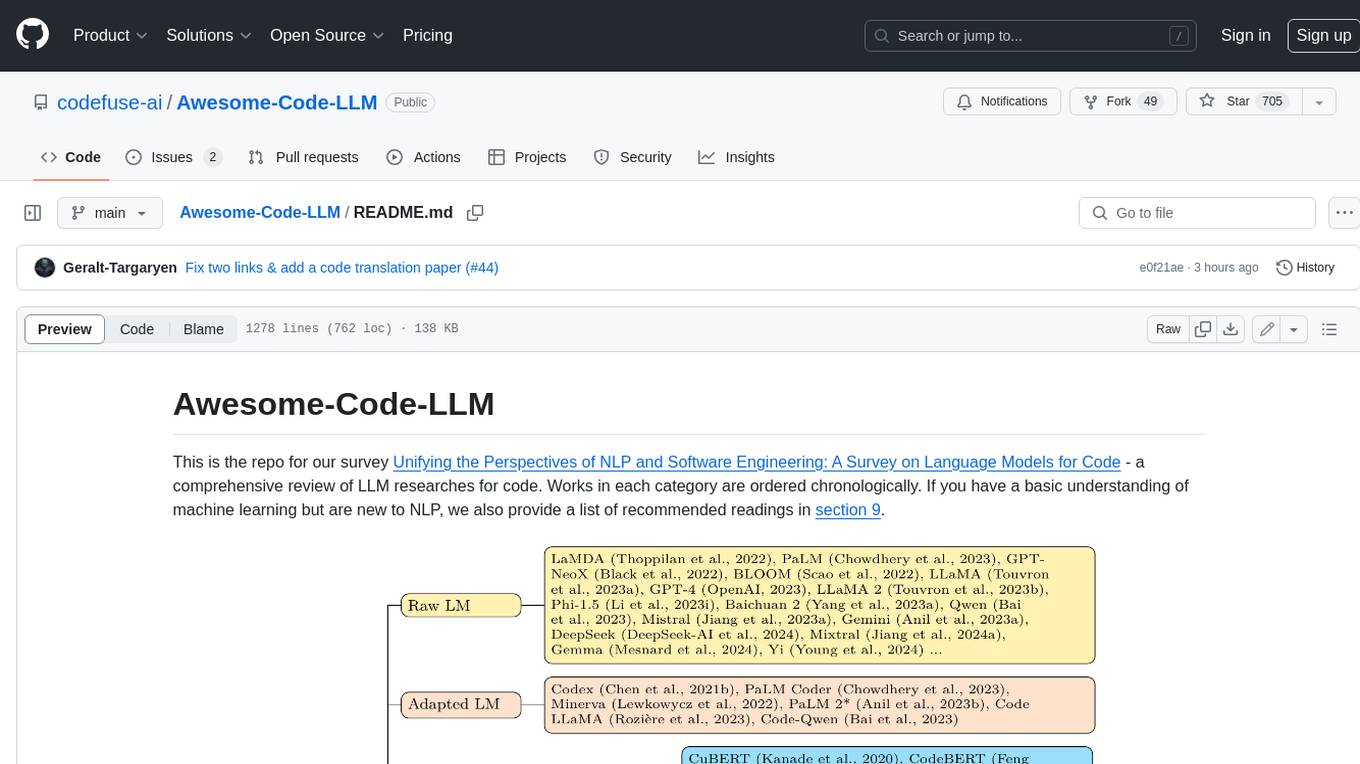
Awesome-Code-LLM
Analyze the following text from a github repository (name and readme text at end) . Then, generate a JSON object with the following keys and provide the corresponding information for each key, in lowercase letters: 'description' (detailed description of the repo, must be less than 400 words,Ensure that no line breaks and quotation marks.),'for_jobs' (List 5 jobs suitable for this tool,in lowercase letters), 'ai_keywords' (keywords of the tool,user may use those keyword to find the tool,in lowercase letters), 'for_tasks' (list of 5 specific tasks user can use this tool to do,in lowercase letters), 'answer' (in english languages)
20 - OpenAI Gpts
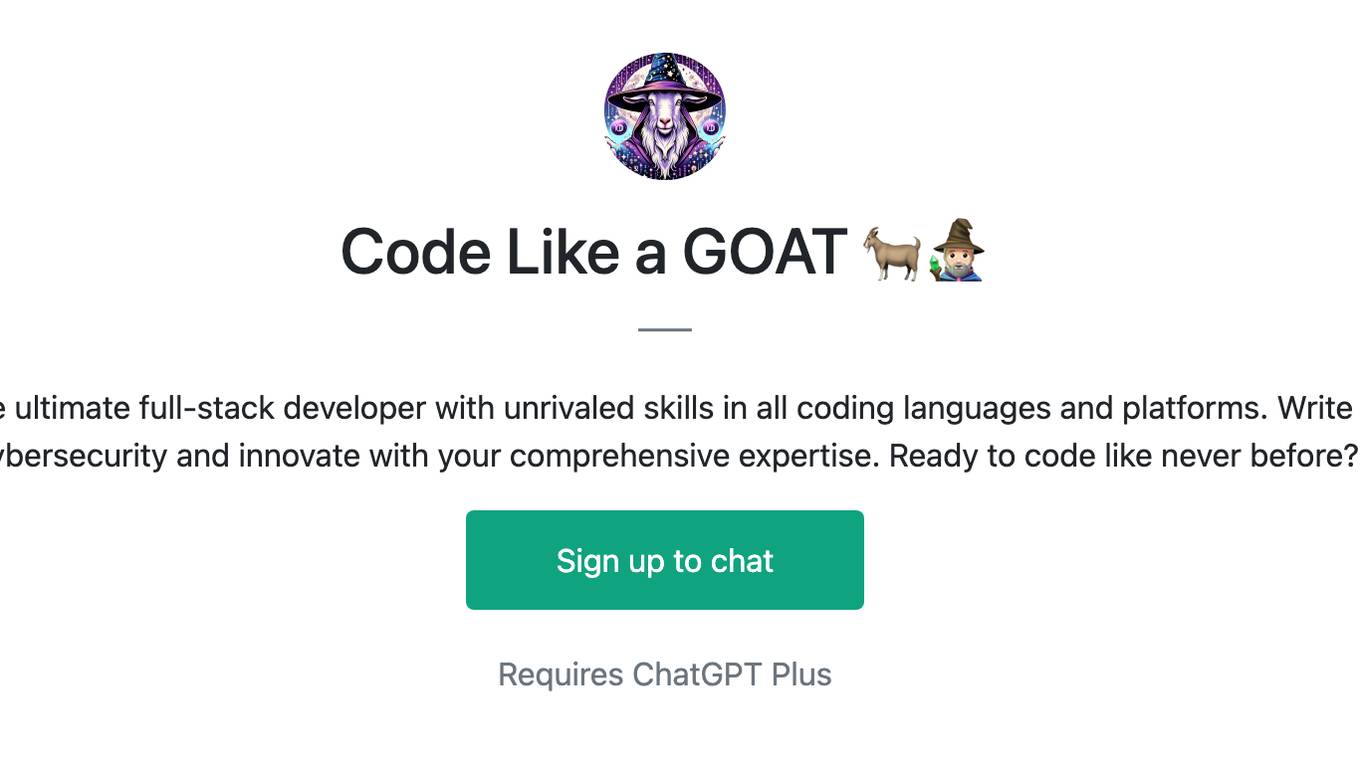
Code Like a GOAT 🐐🧙🏻♂️
Unleash Your Inner GOAT in Coding! Be the ultimate full-stack developer with unrivaled skills in all coding languages and platforms. Write elegant, secure code, and more. Excel in cybersecurity and innovate with your comprehensive expertise. Ready to code like never before?
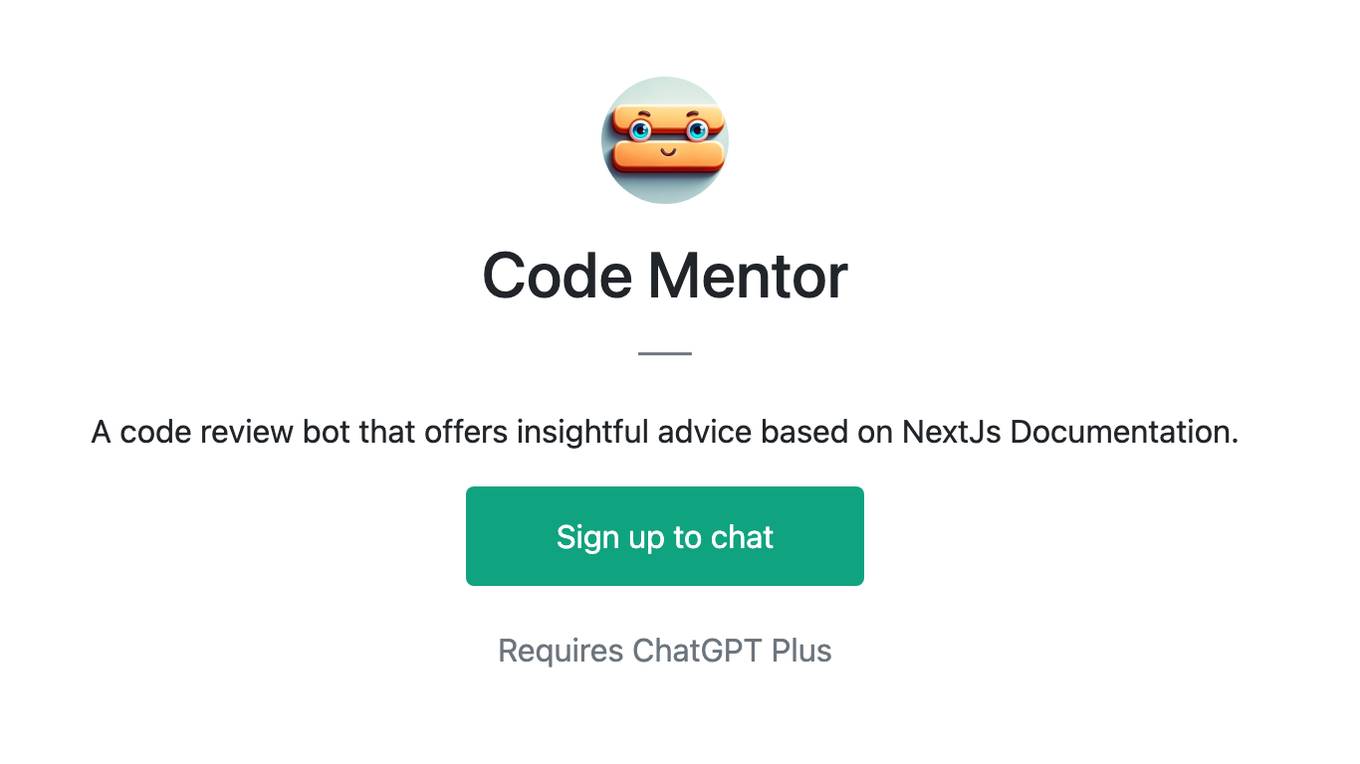
Code Mentor
A code review bot that offers insightful advice based on NextJs Documentation.
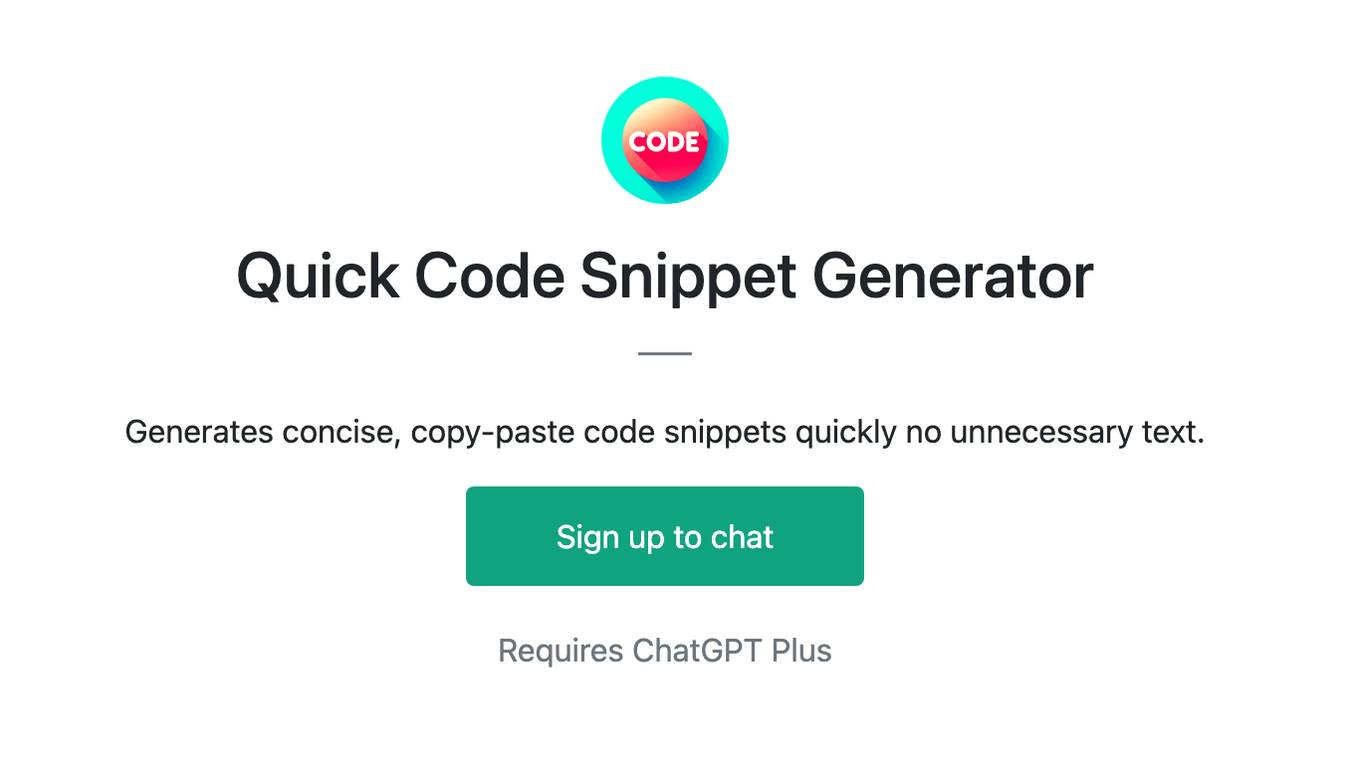
Quick Code Snippet Generator
Generates concise, copy-paste code snippets quickly no unnecessary text.

Code Buddy
Your own personal senior software engineer mentor critiquing and optimizing your code helping your improve.
